Fugues
Ketuta Alexi-Meskhishvili
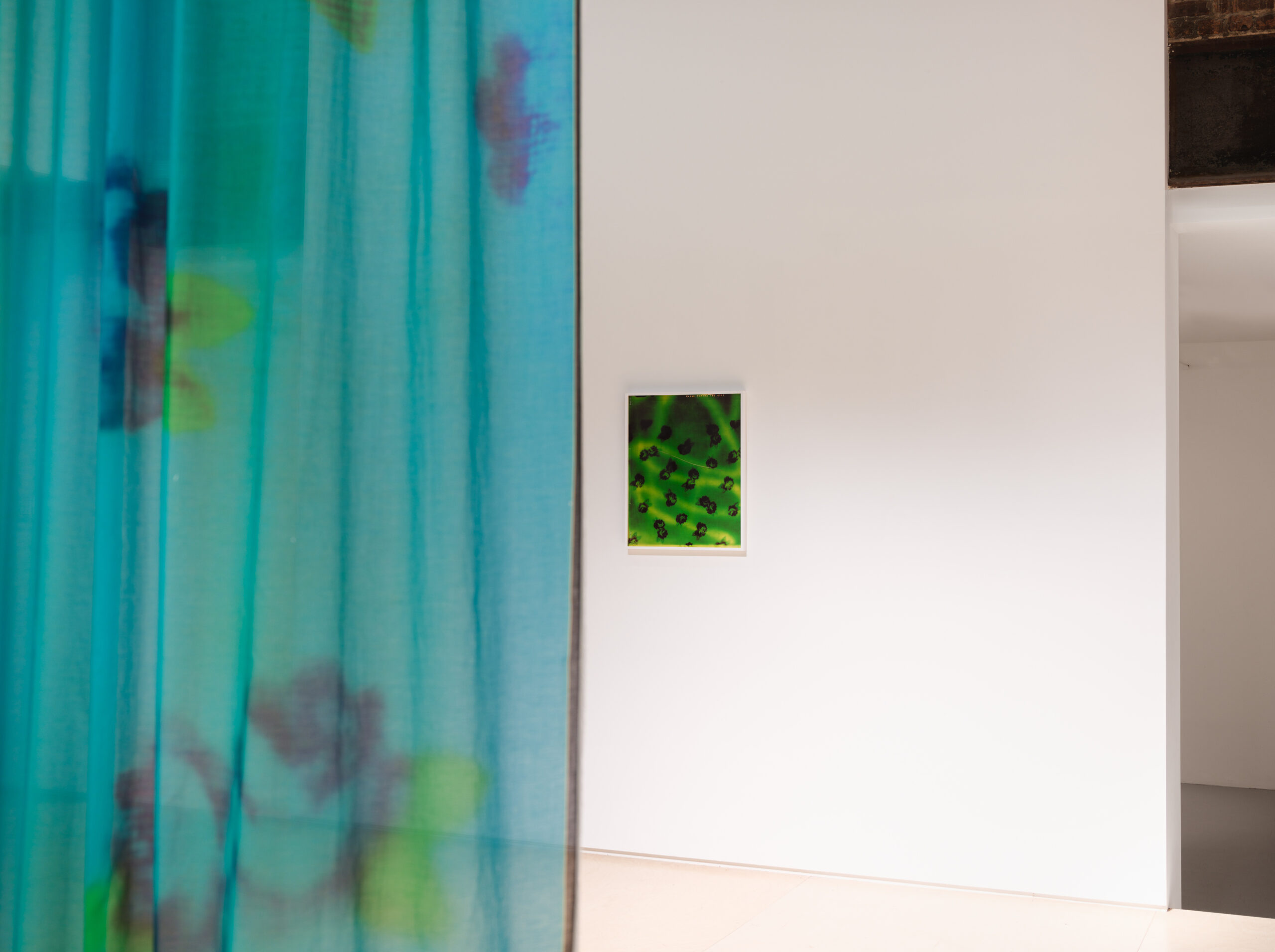
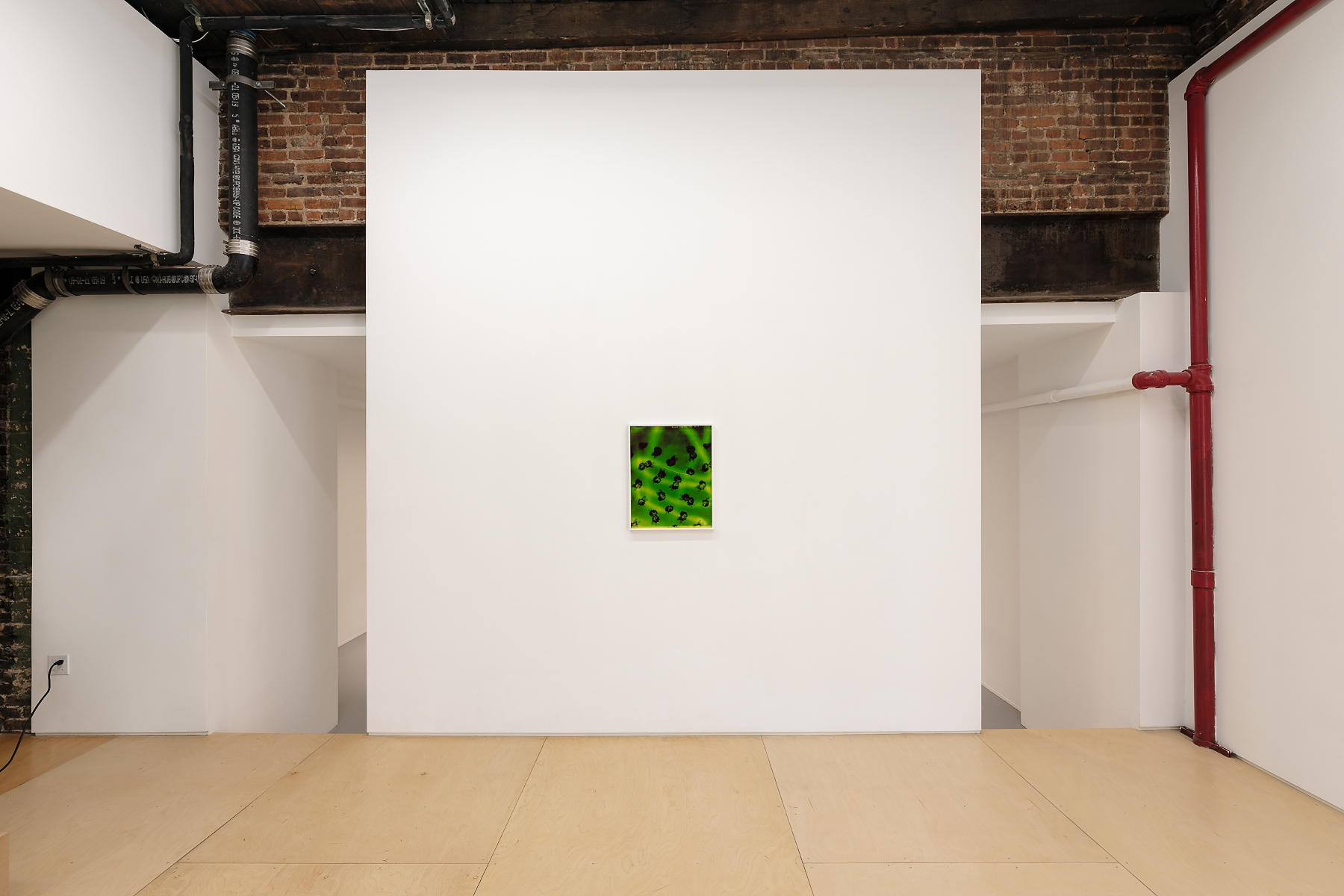
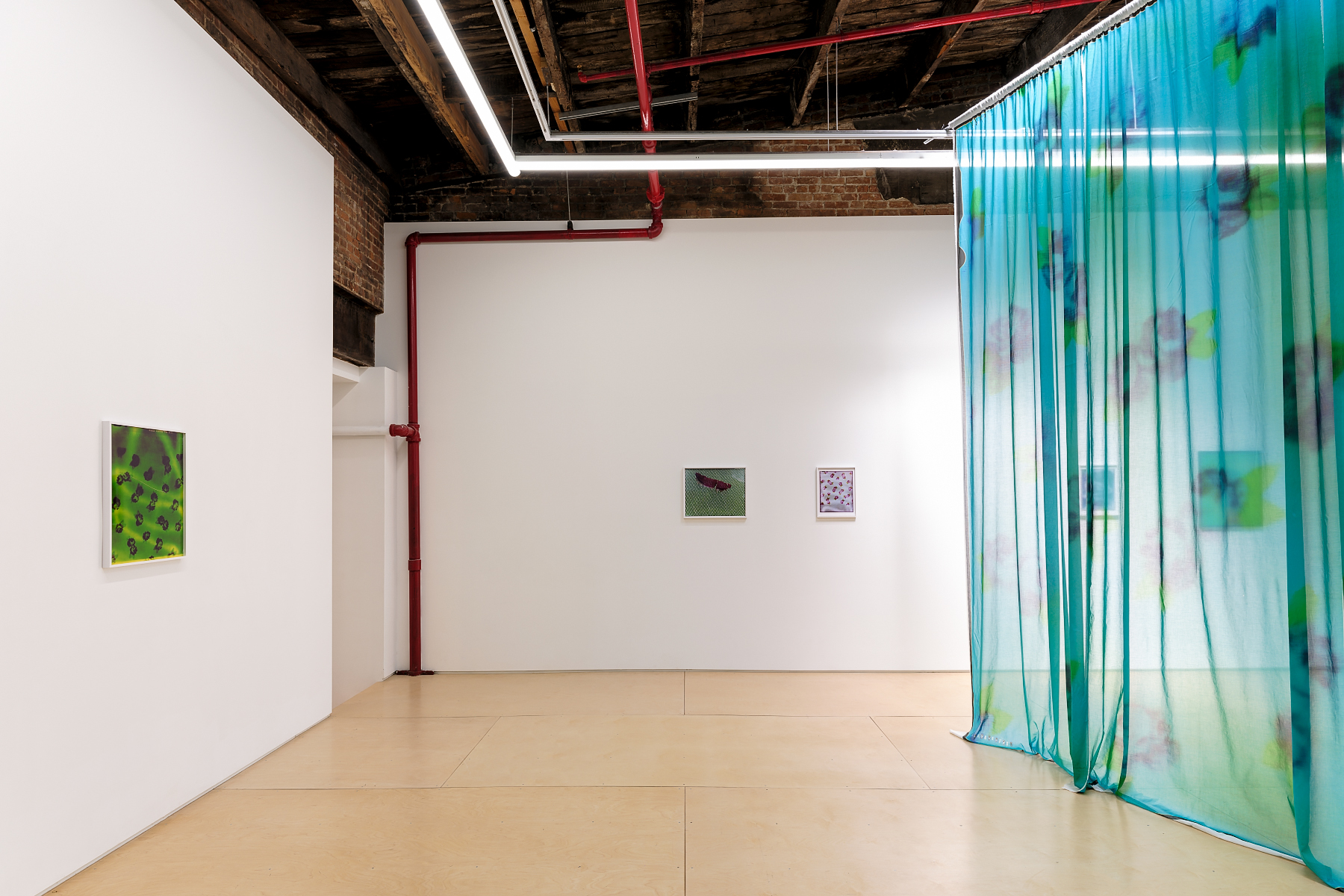
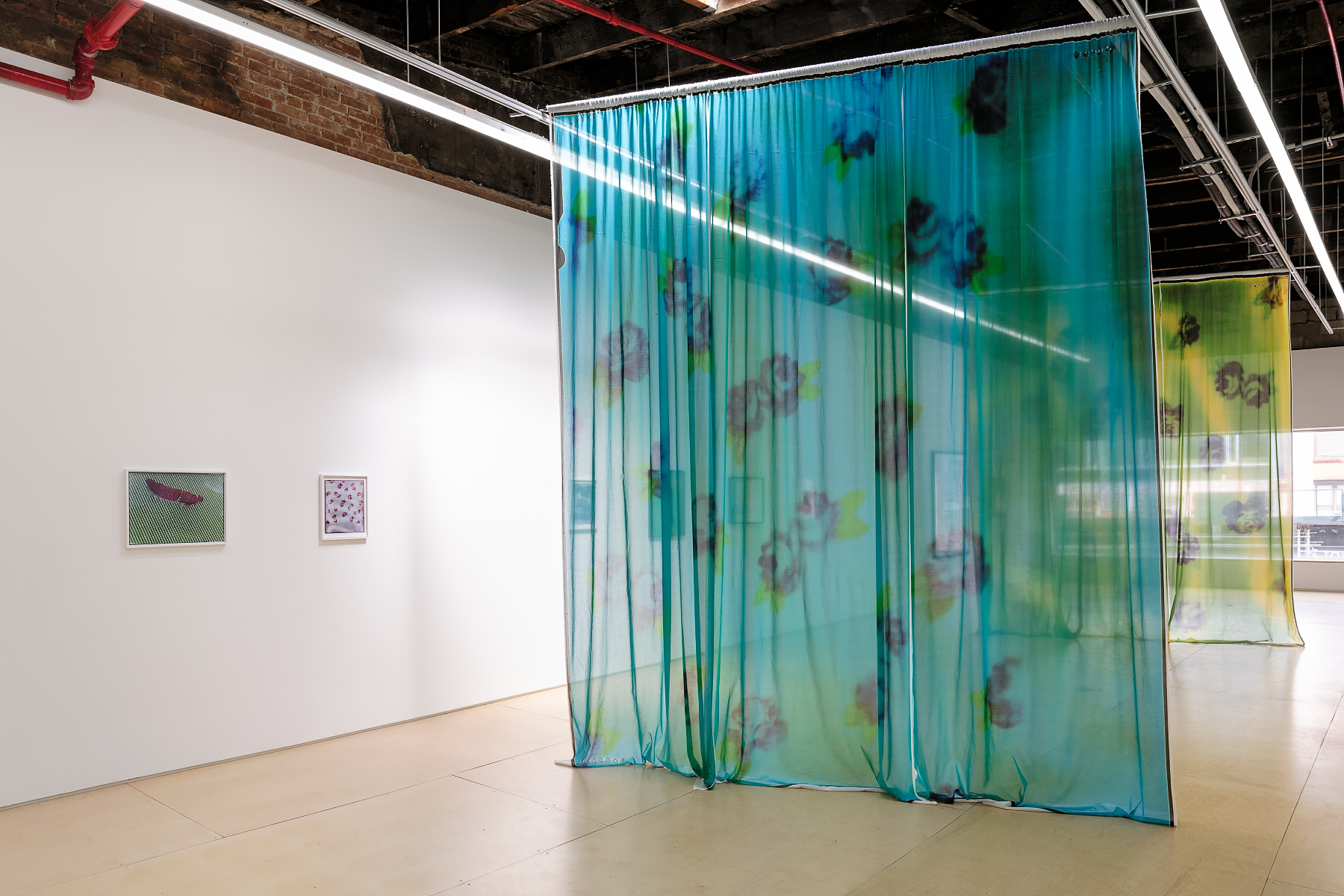
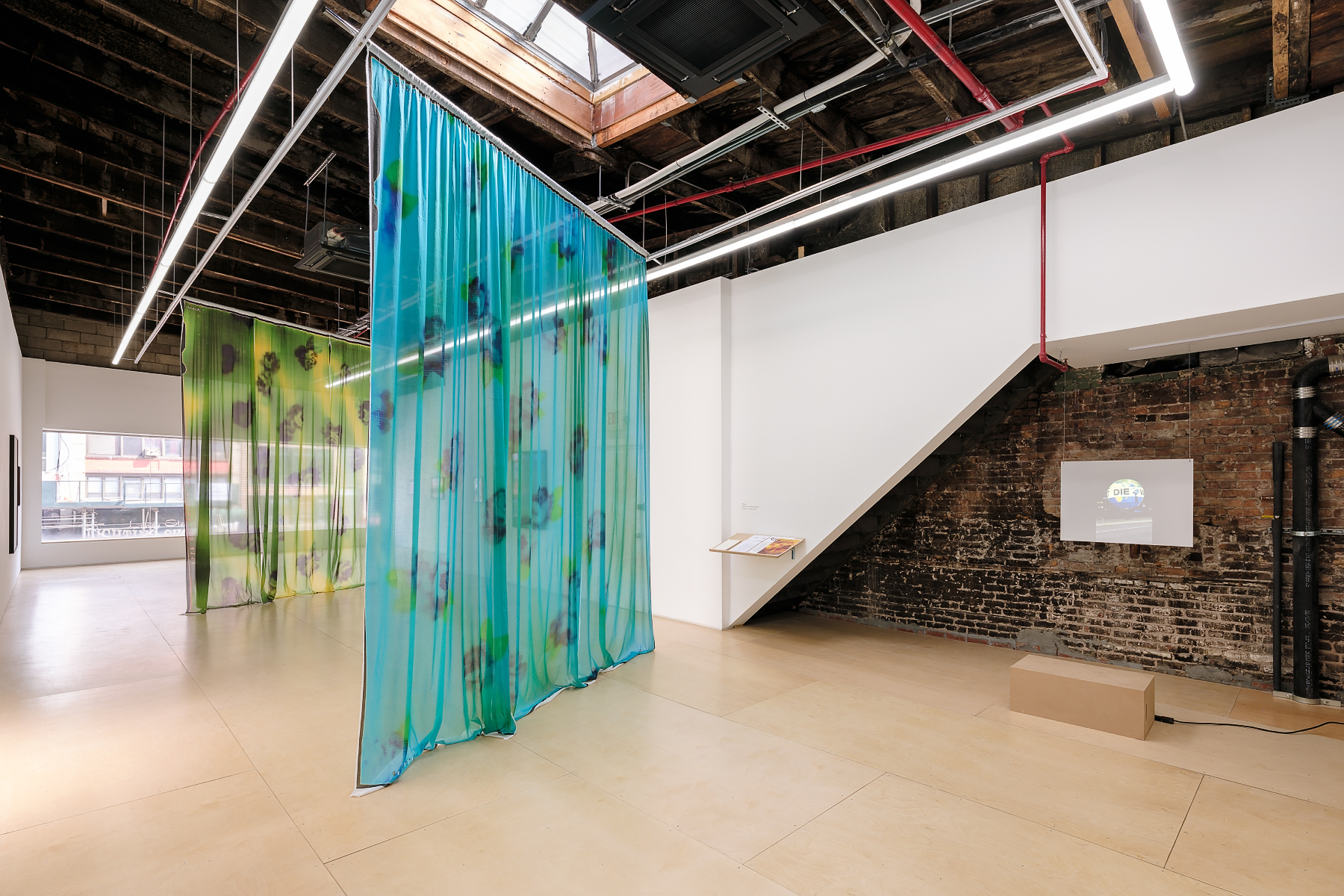
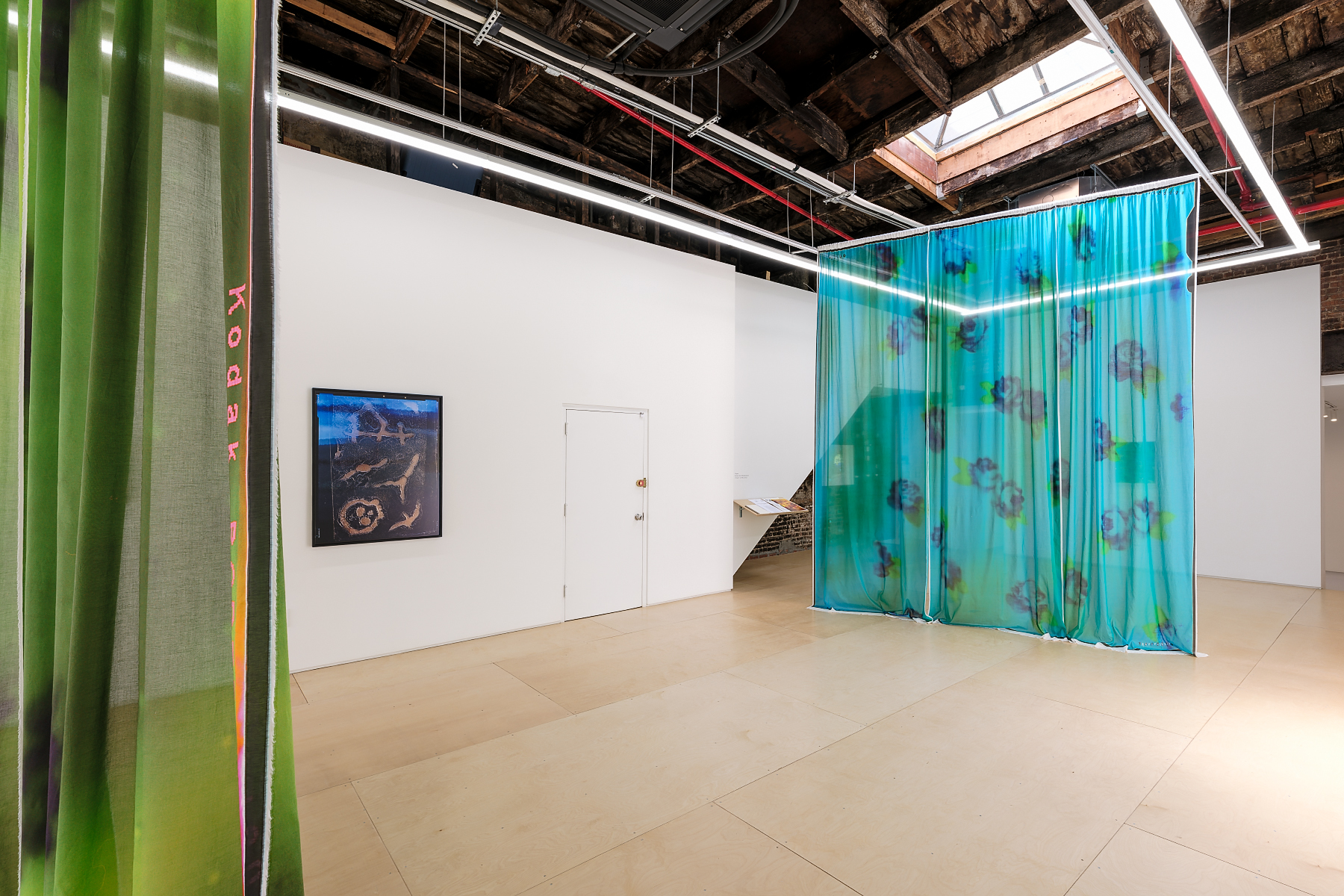
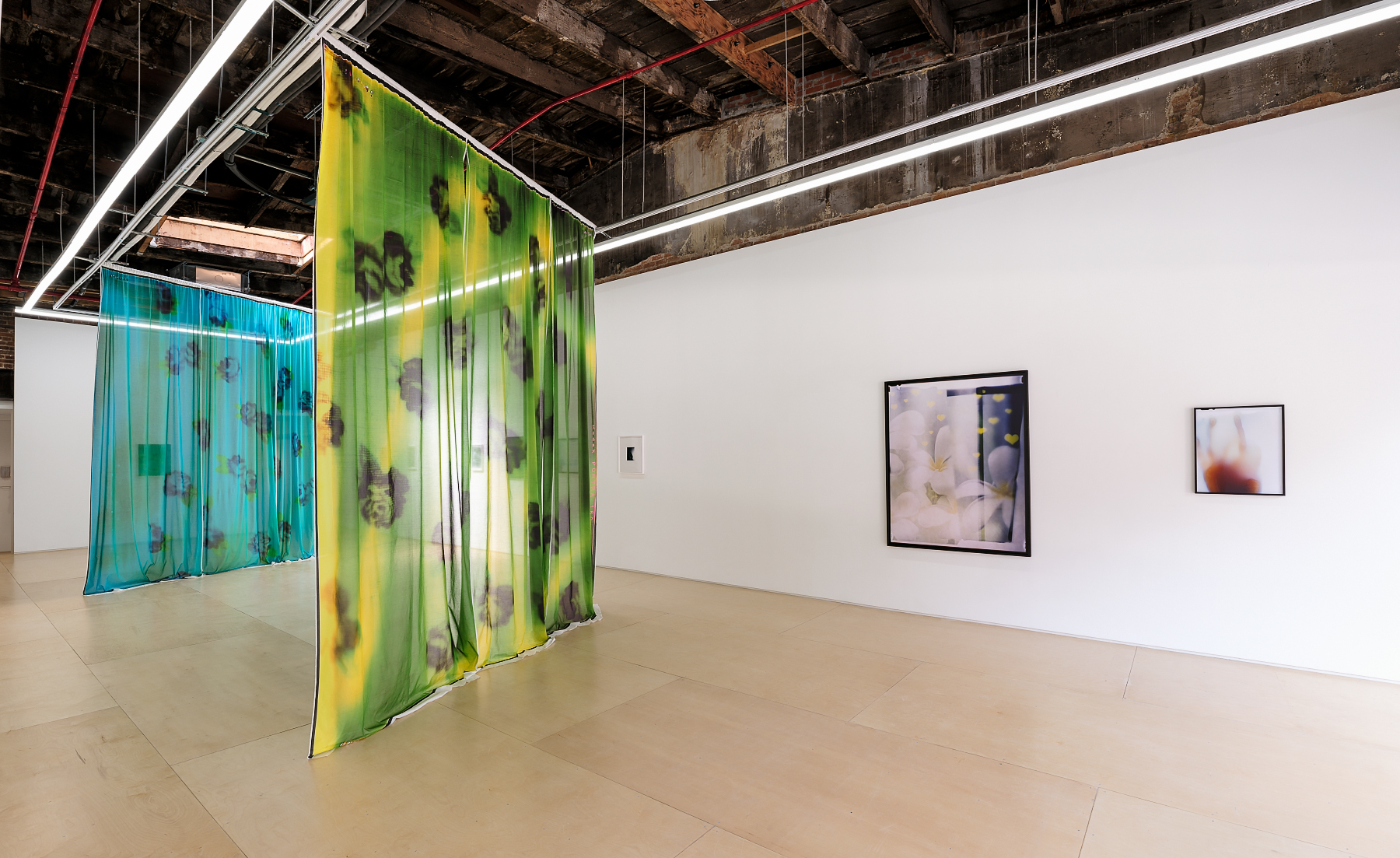
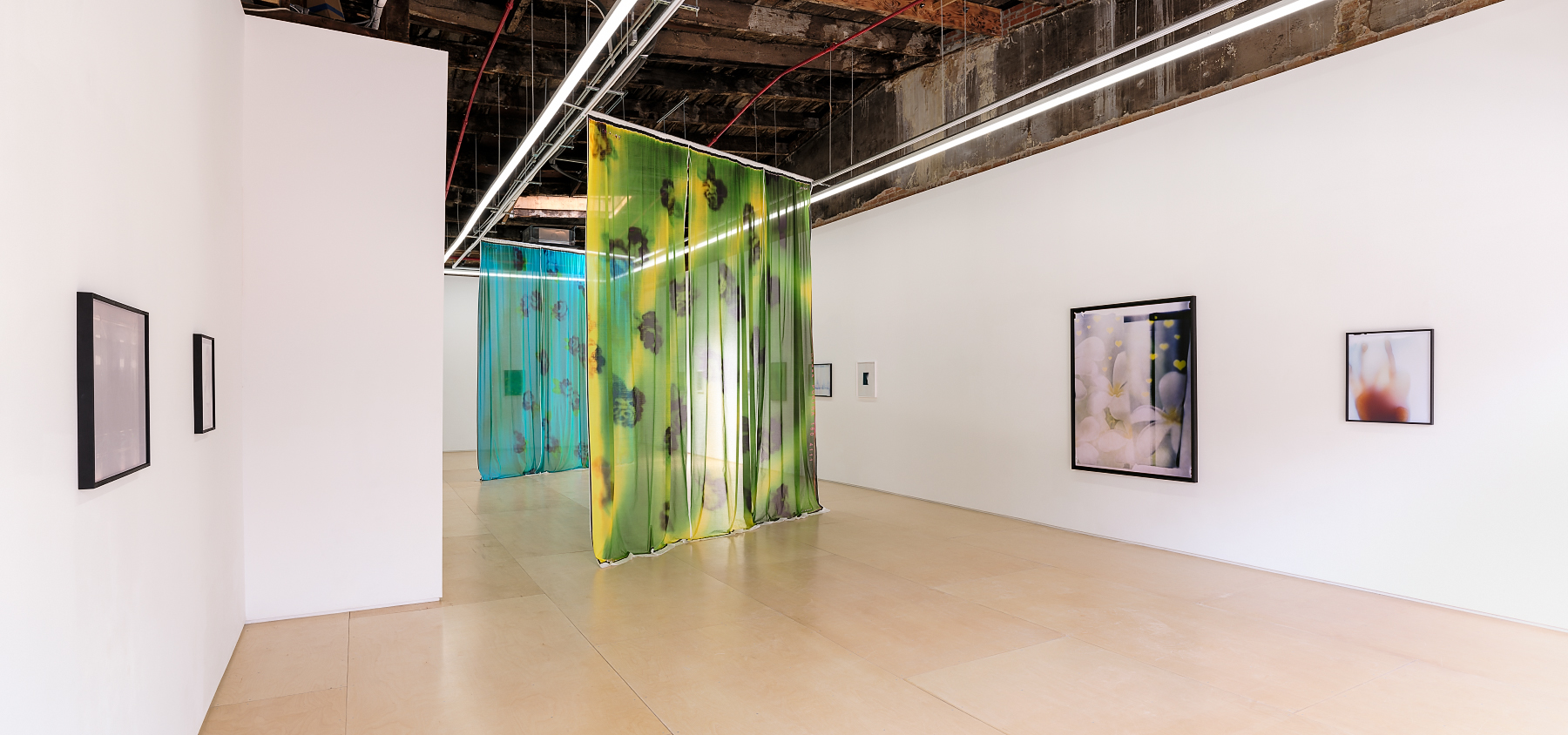
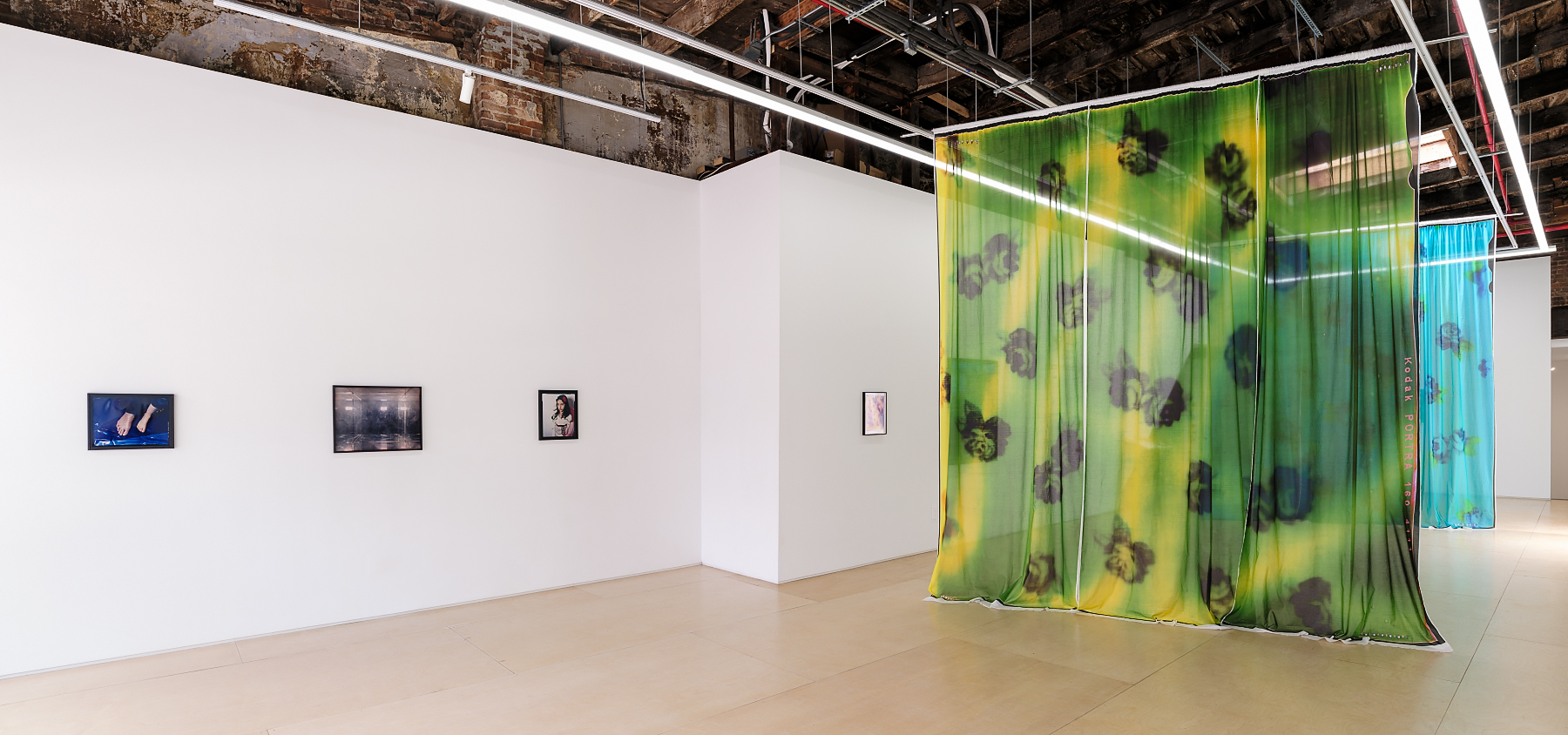
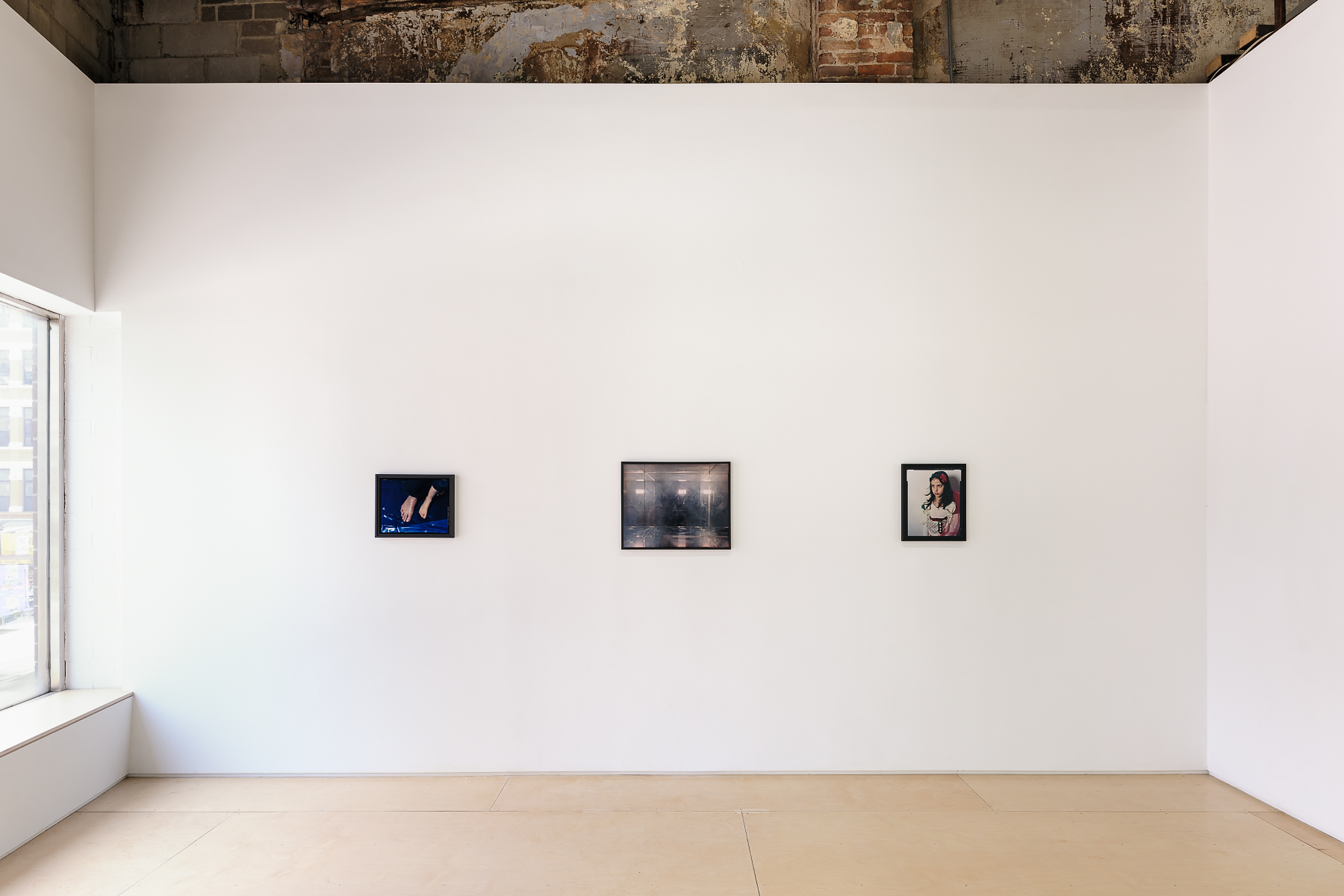
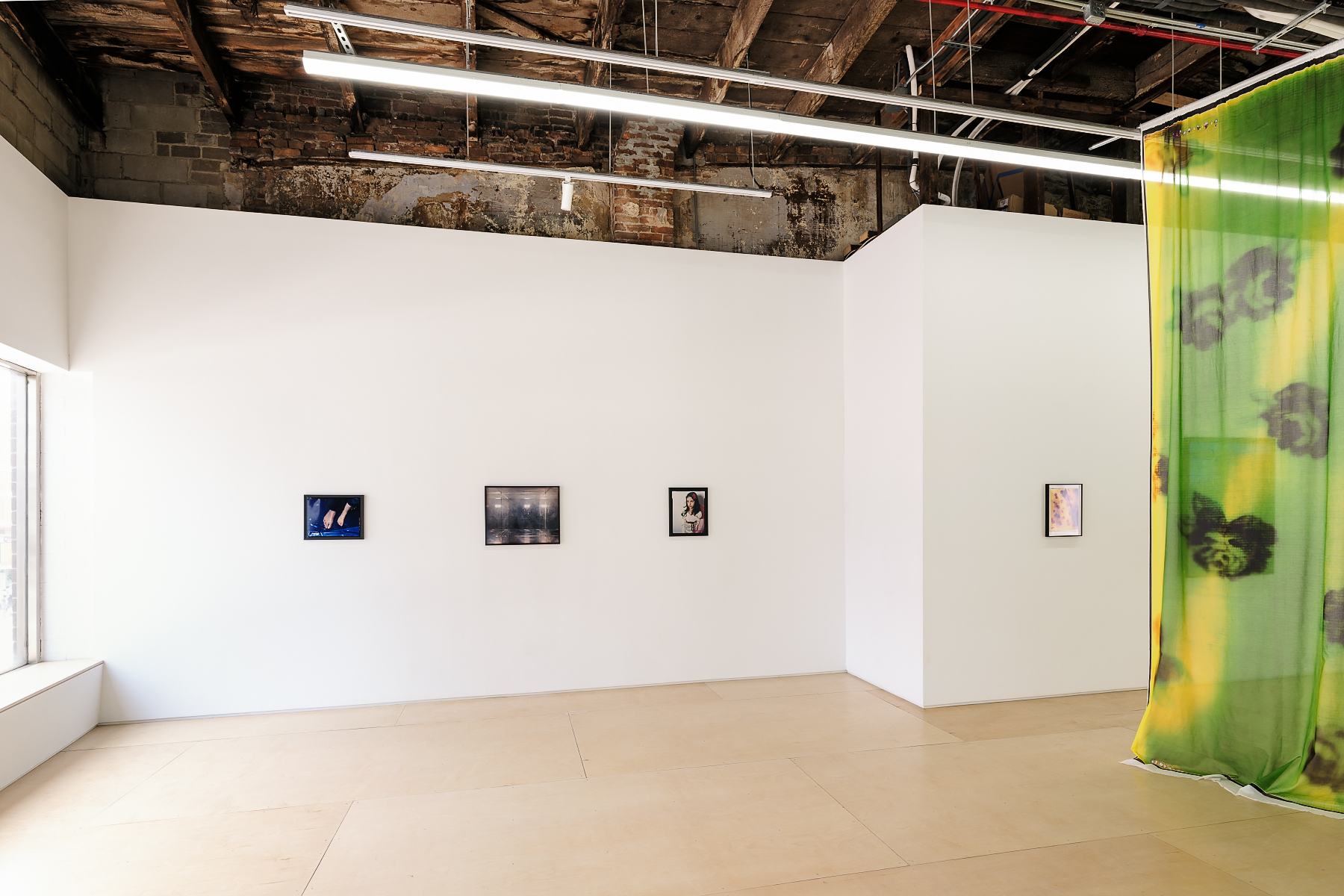
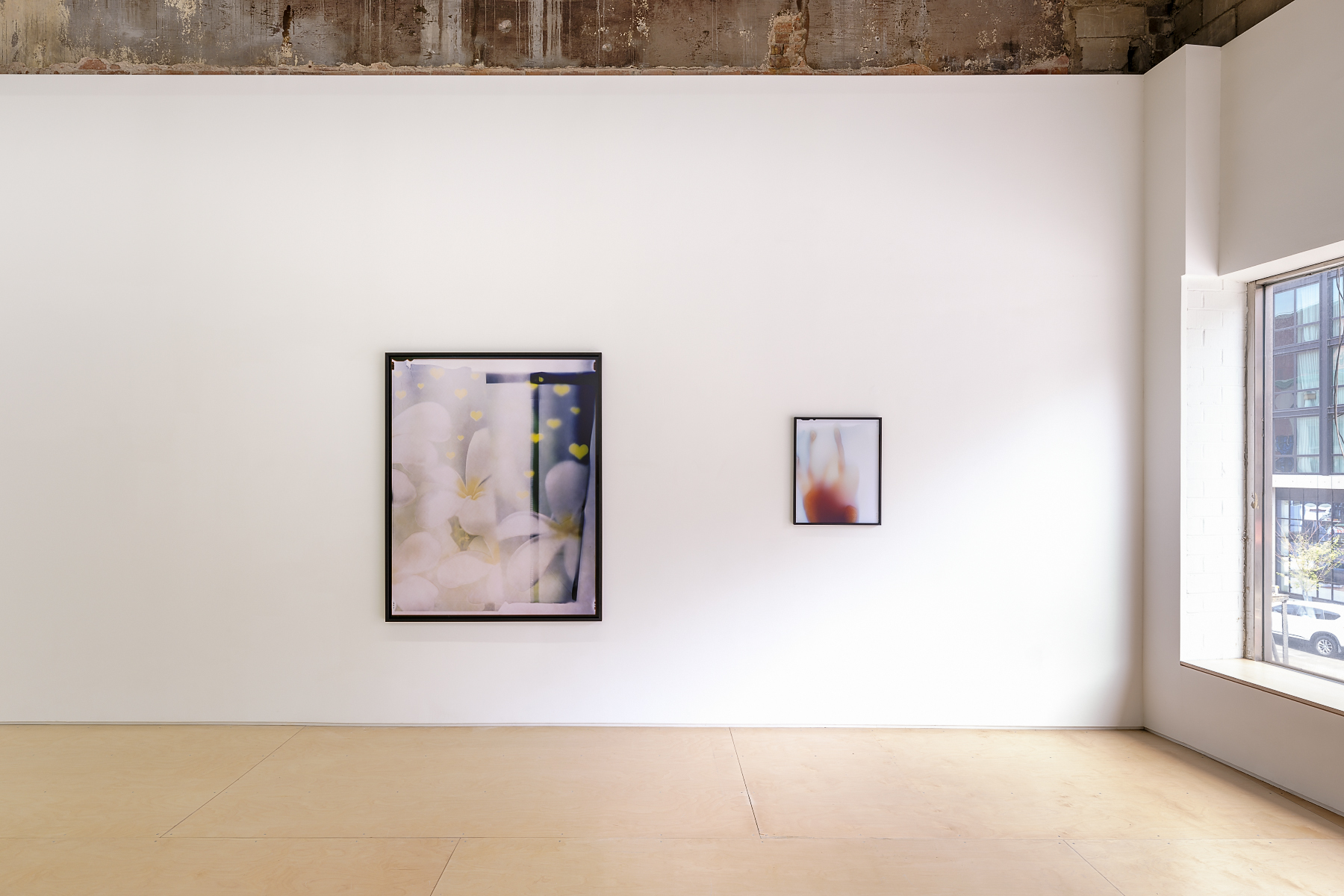
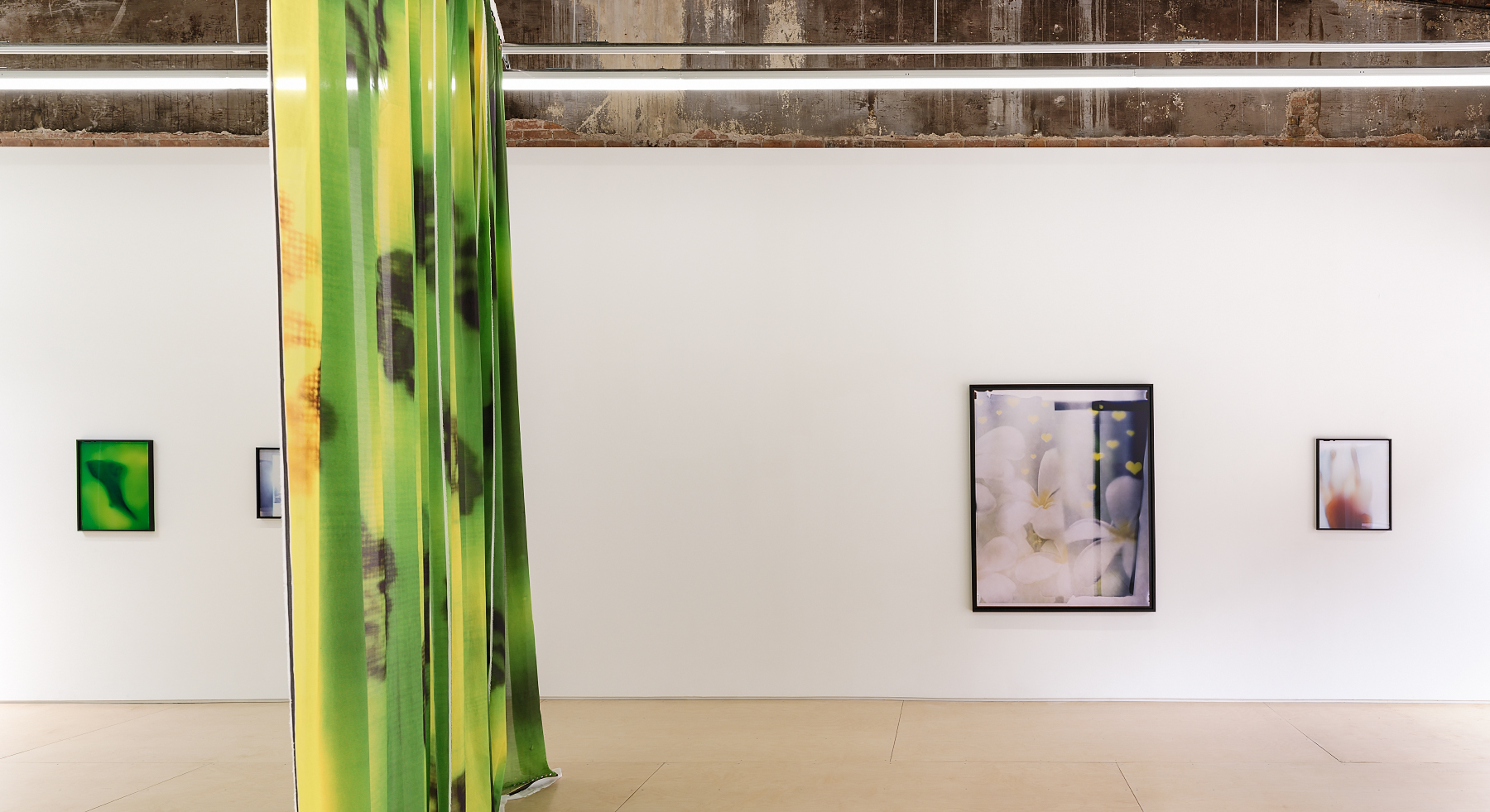
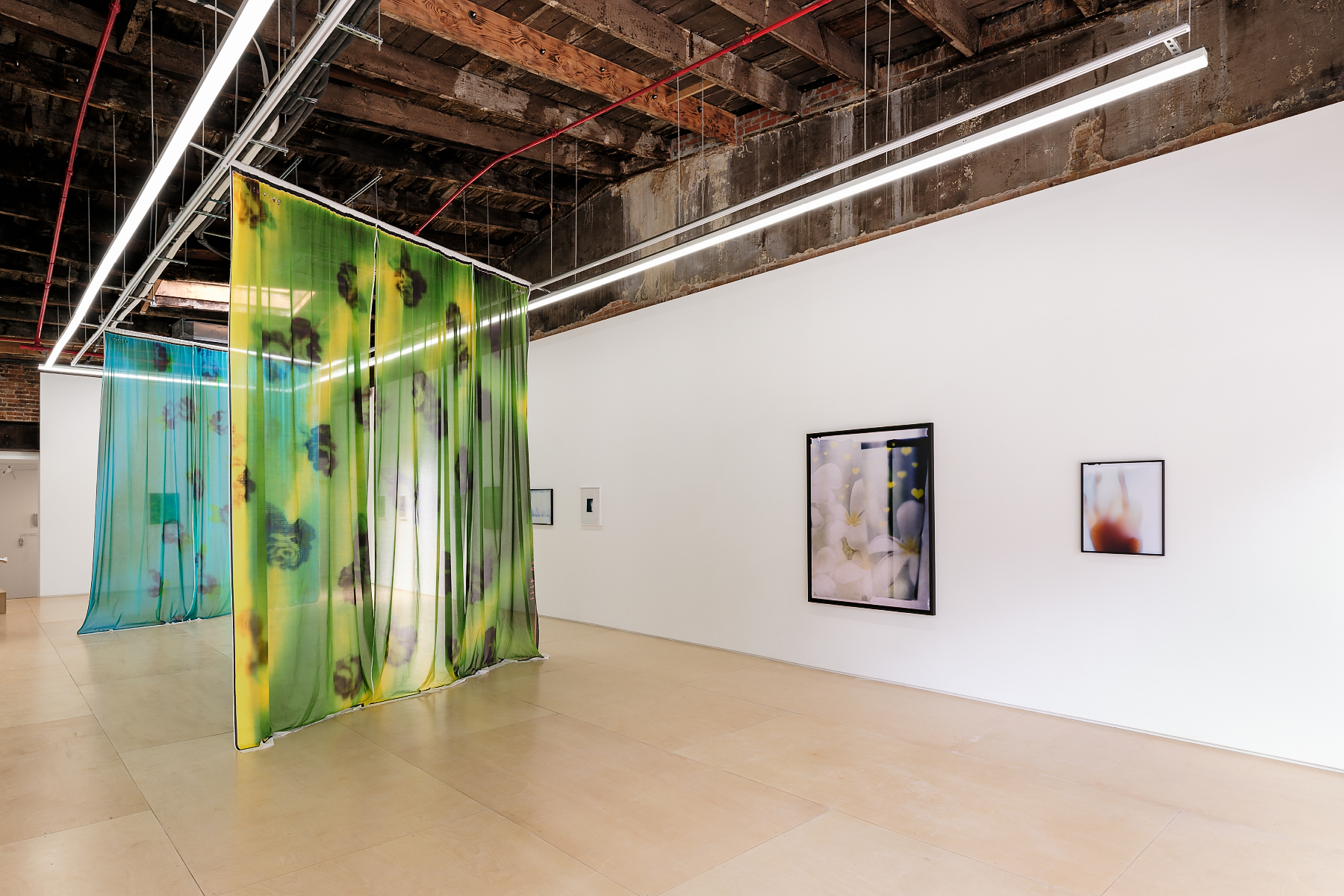
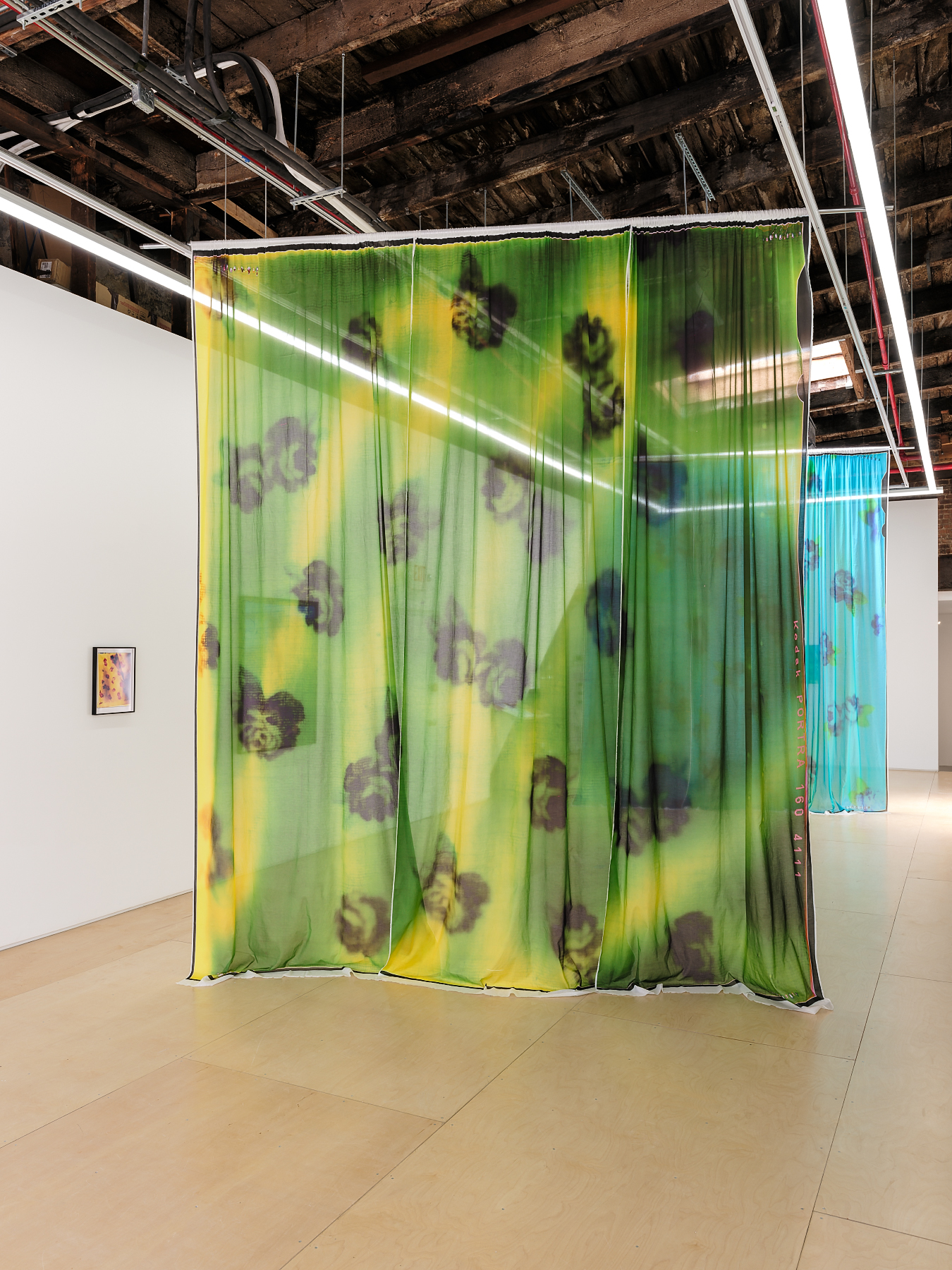
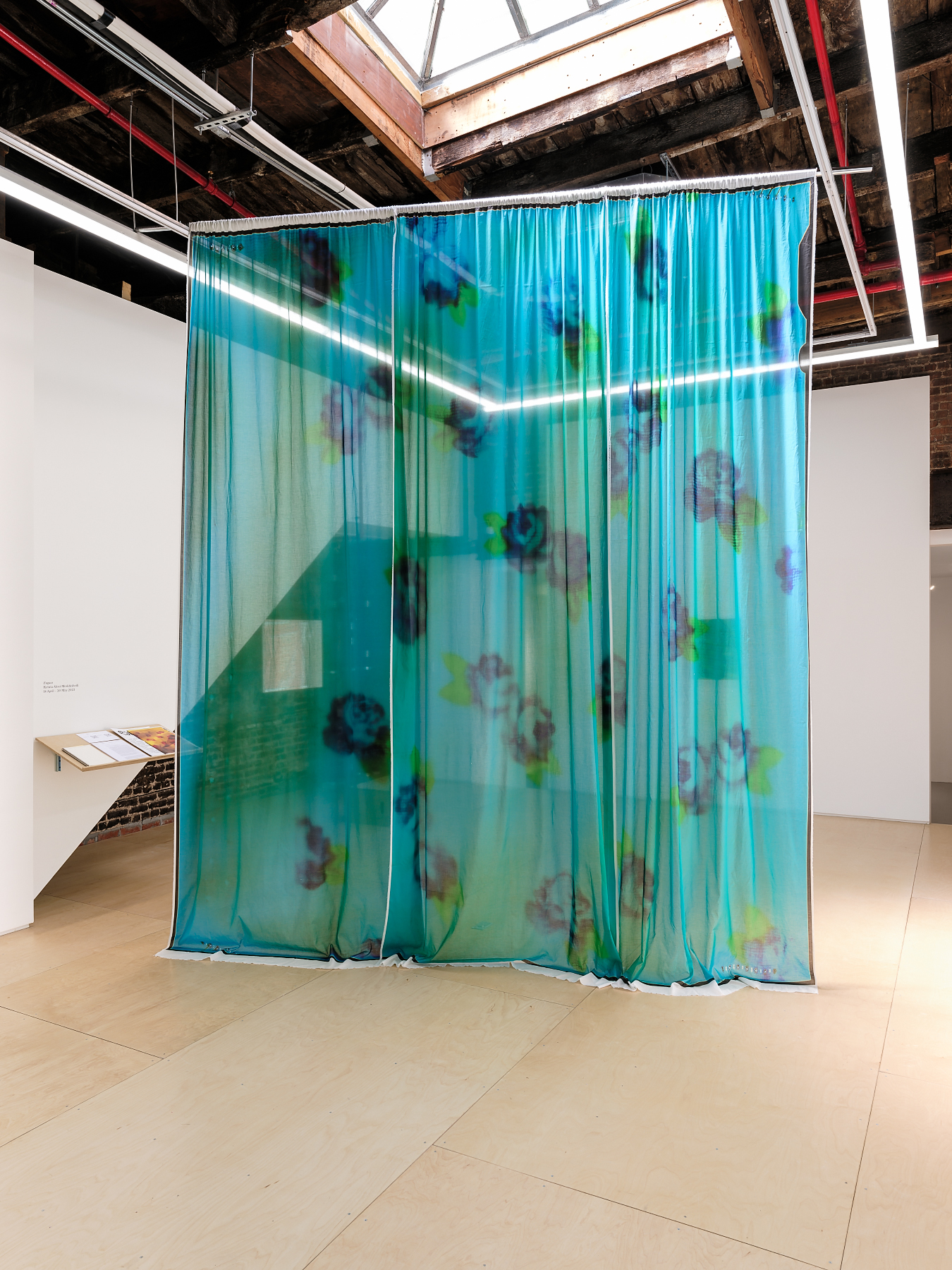
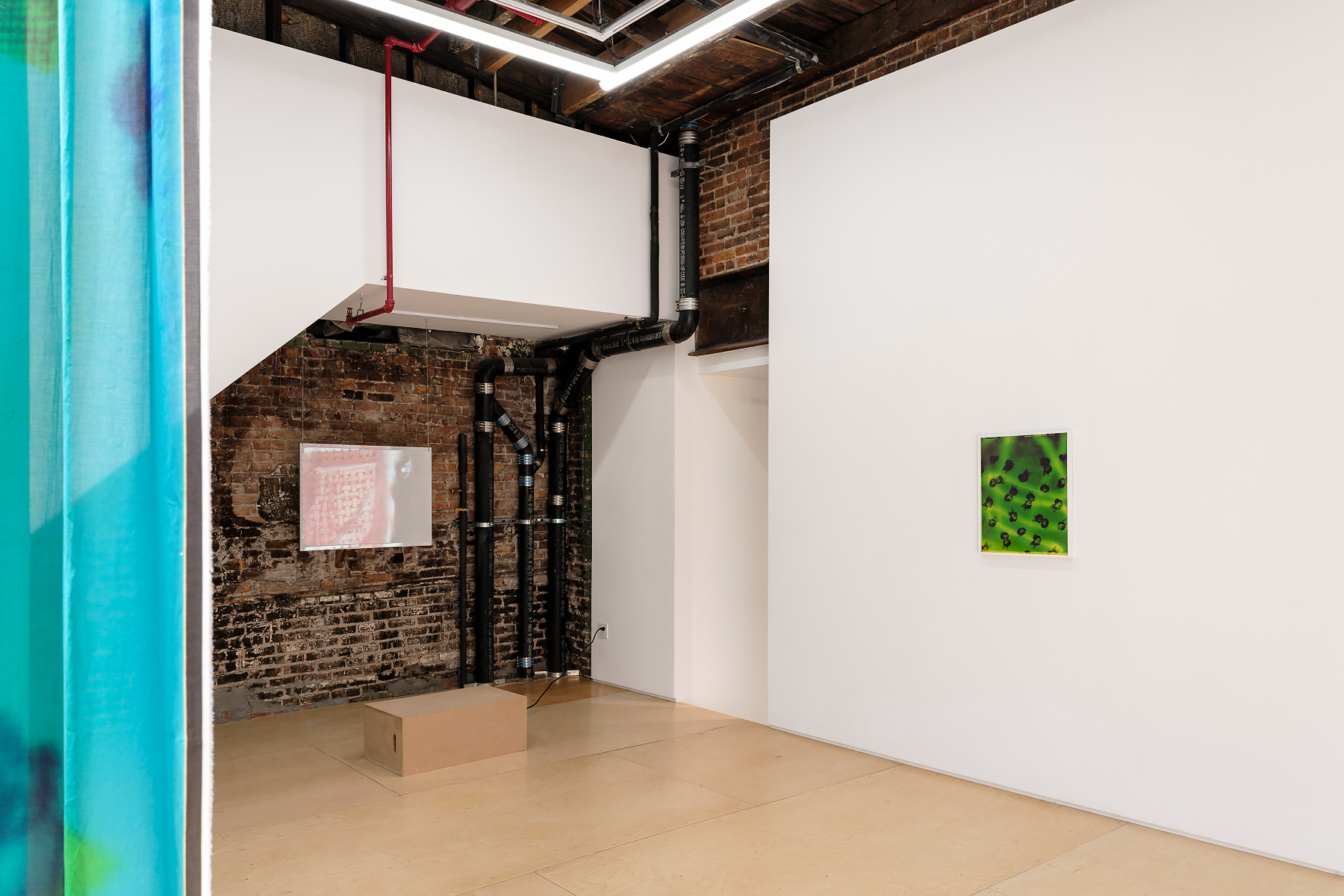
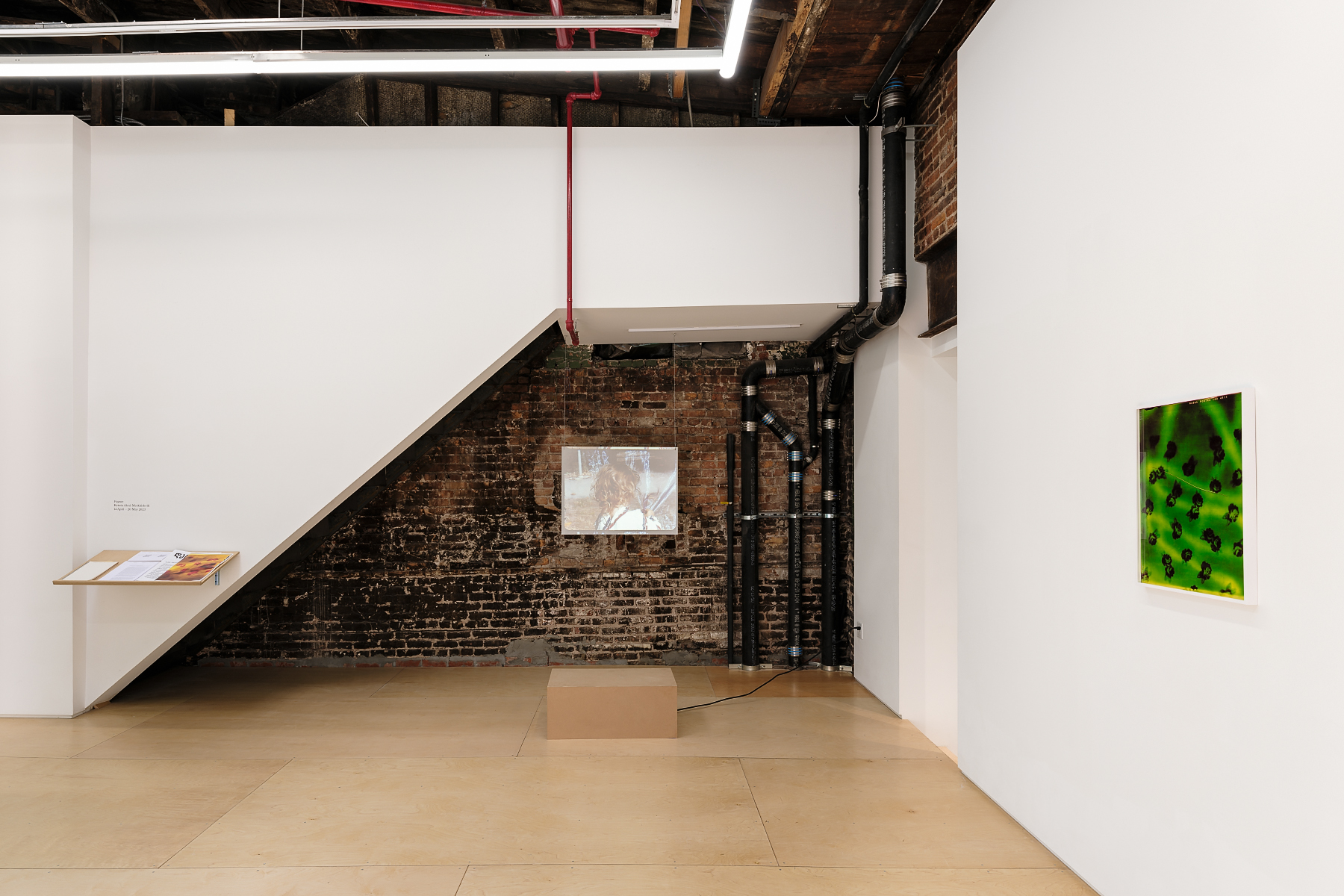
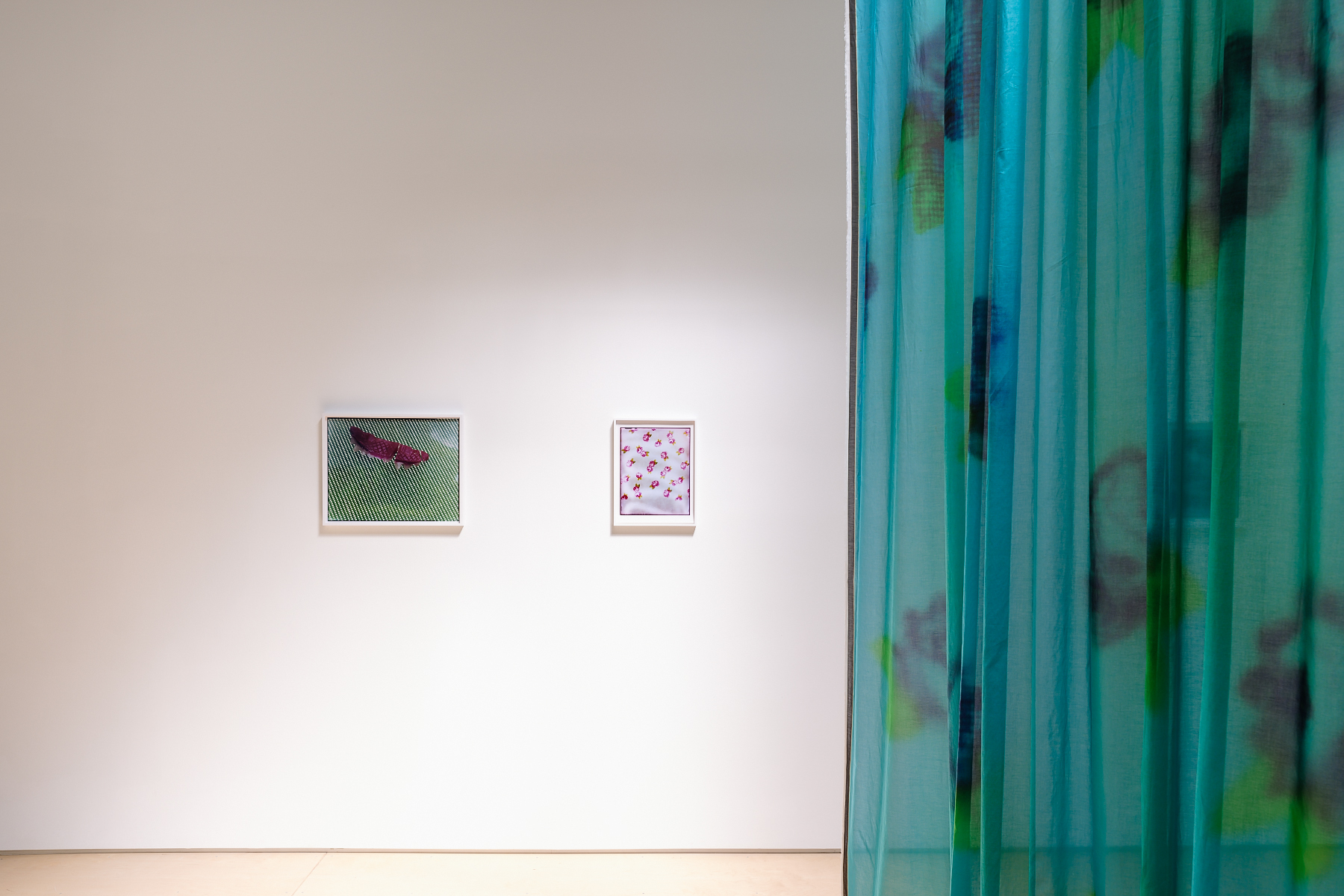
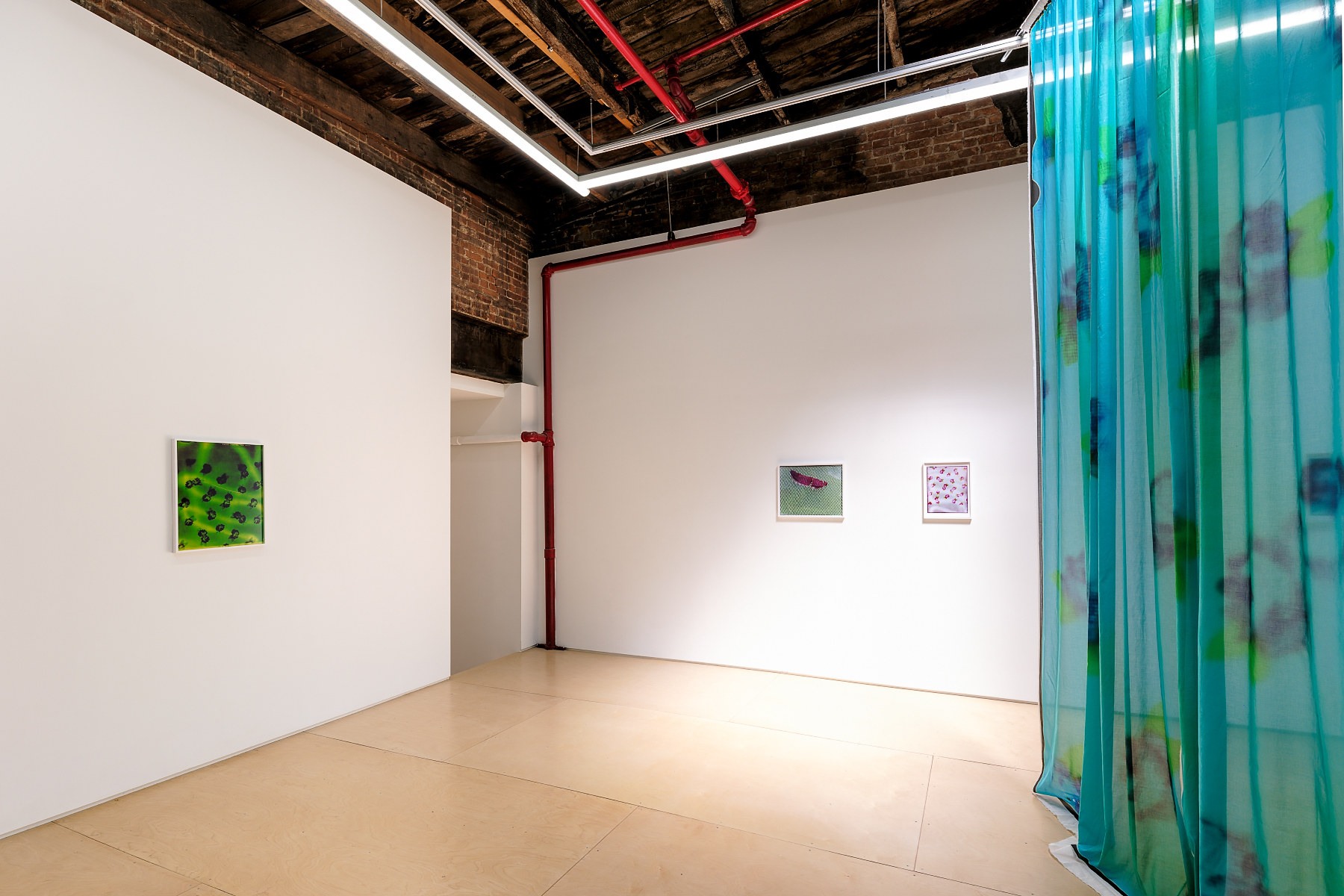
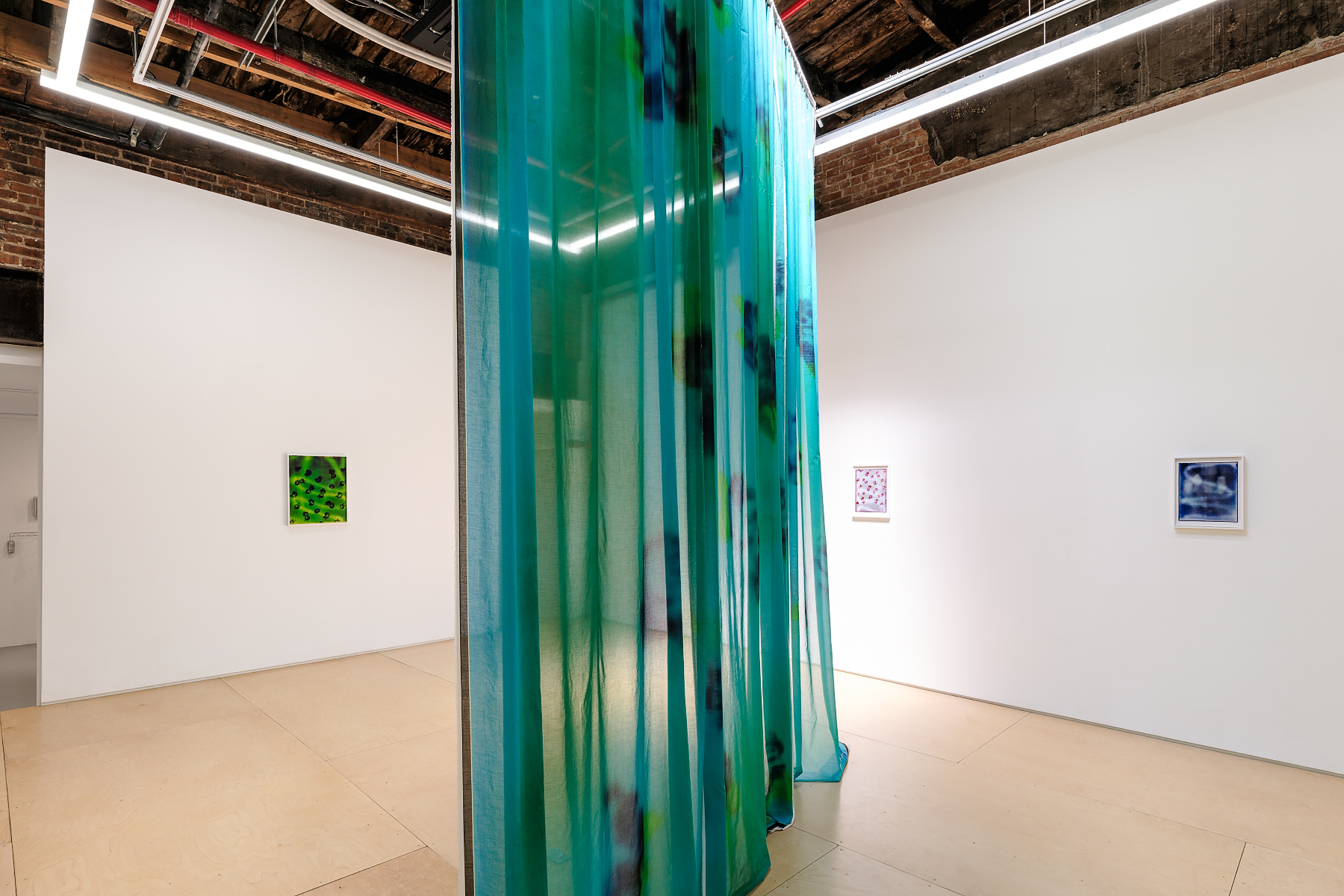
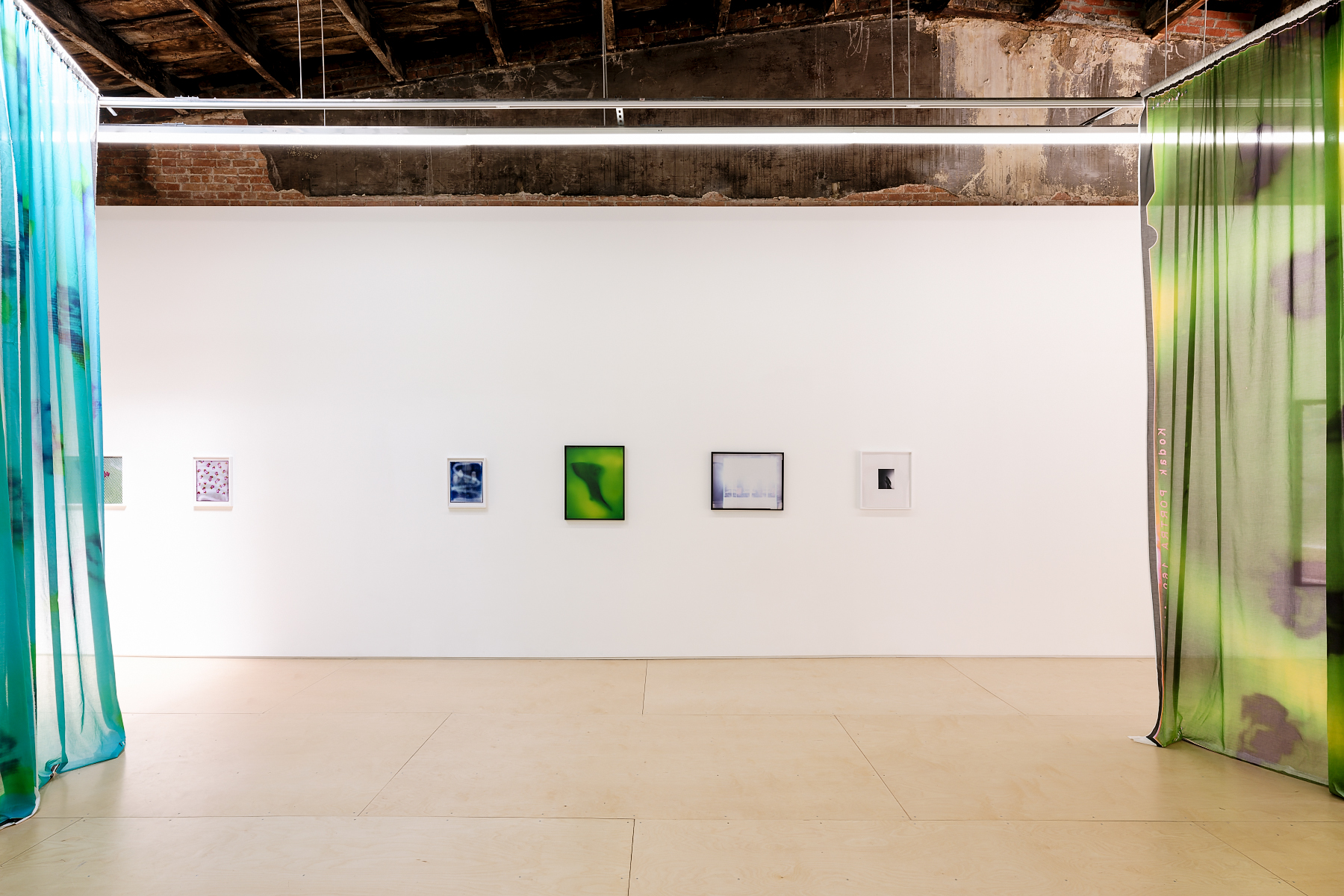
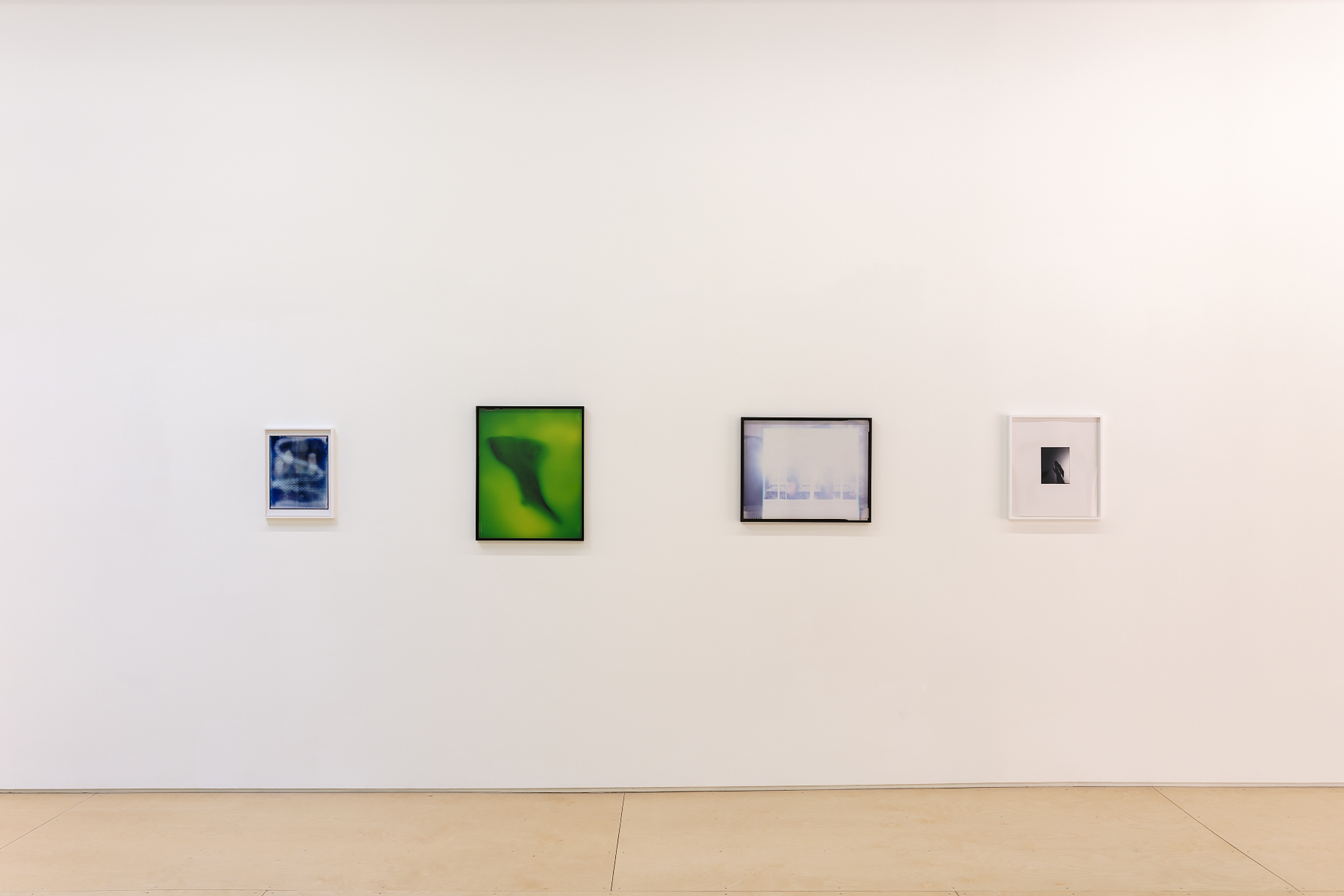
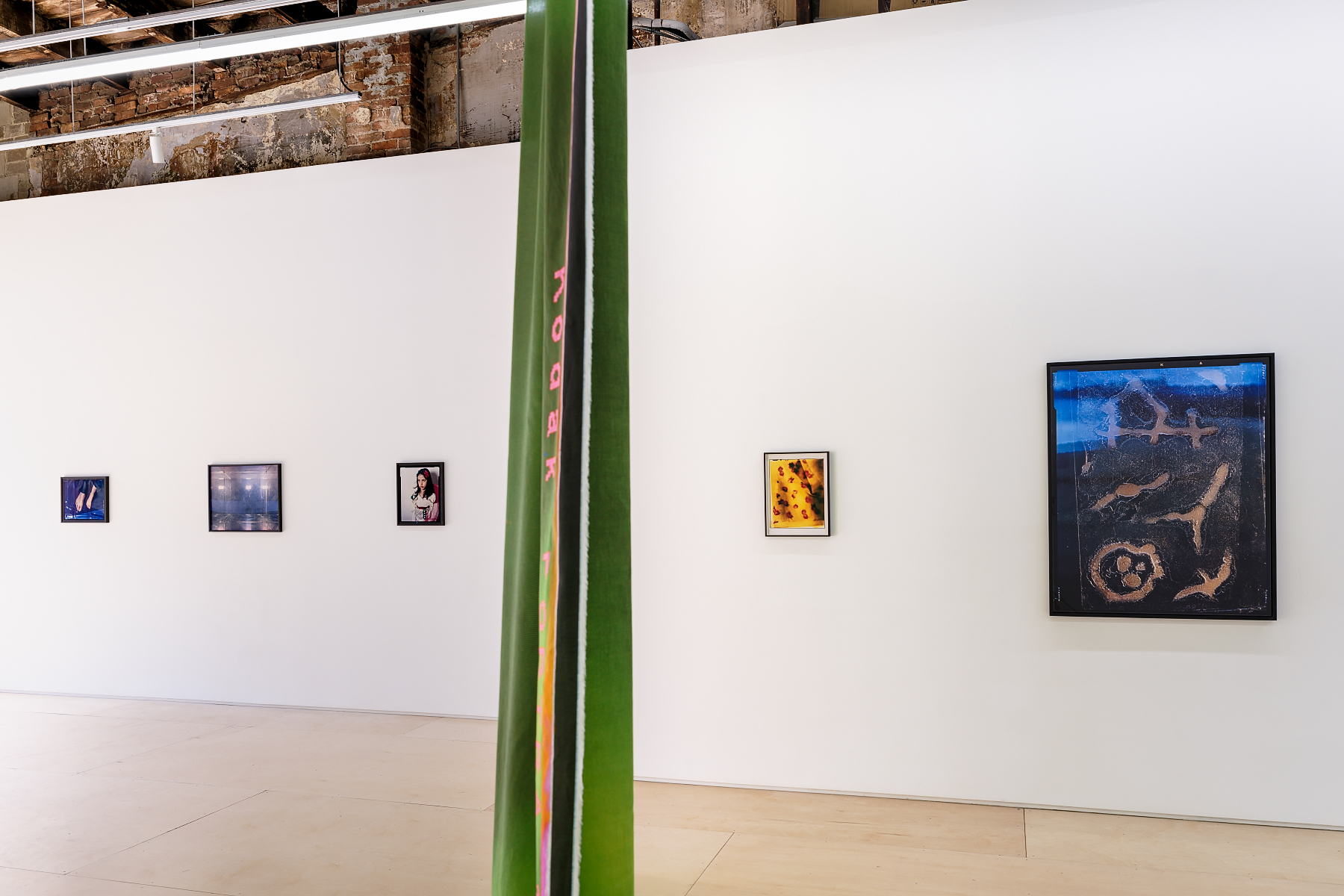
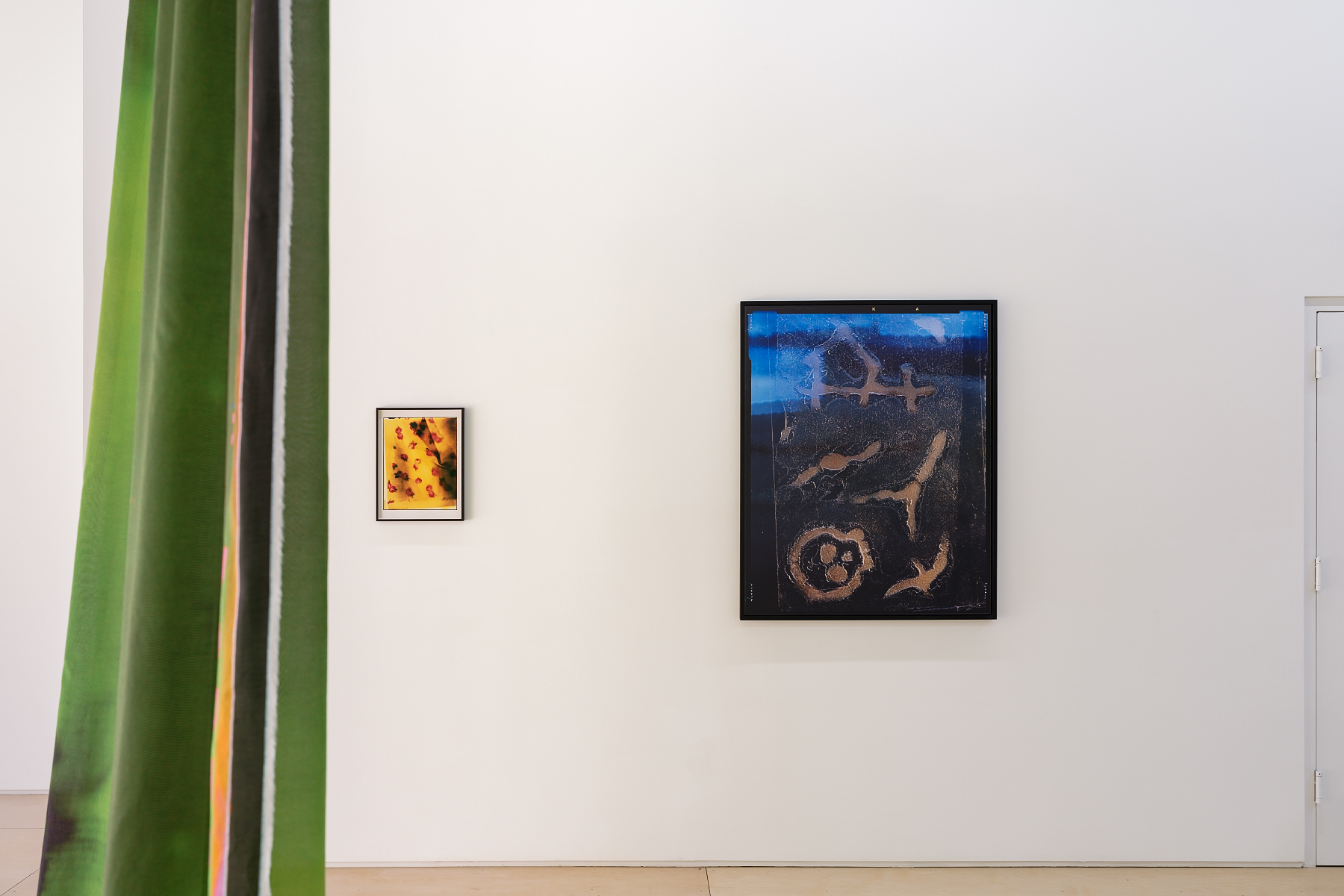
Inkjet print on organic cotton voile
2020
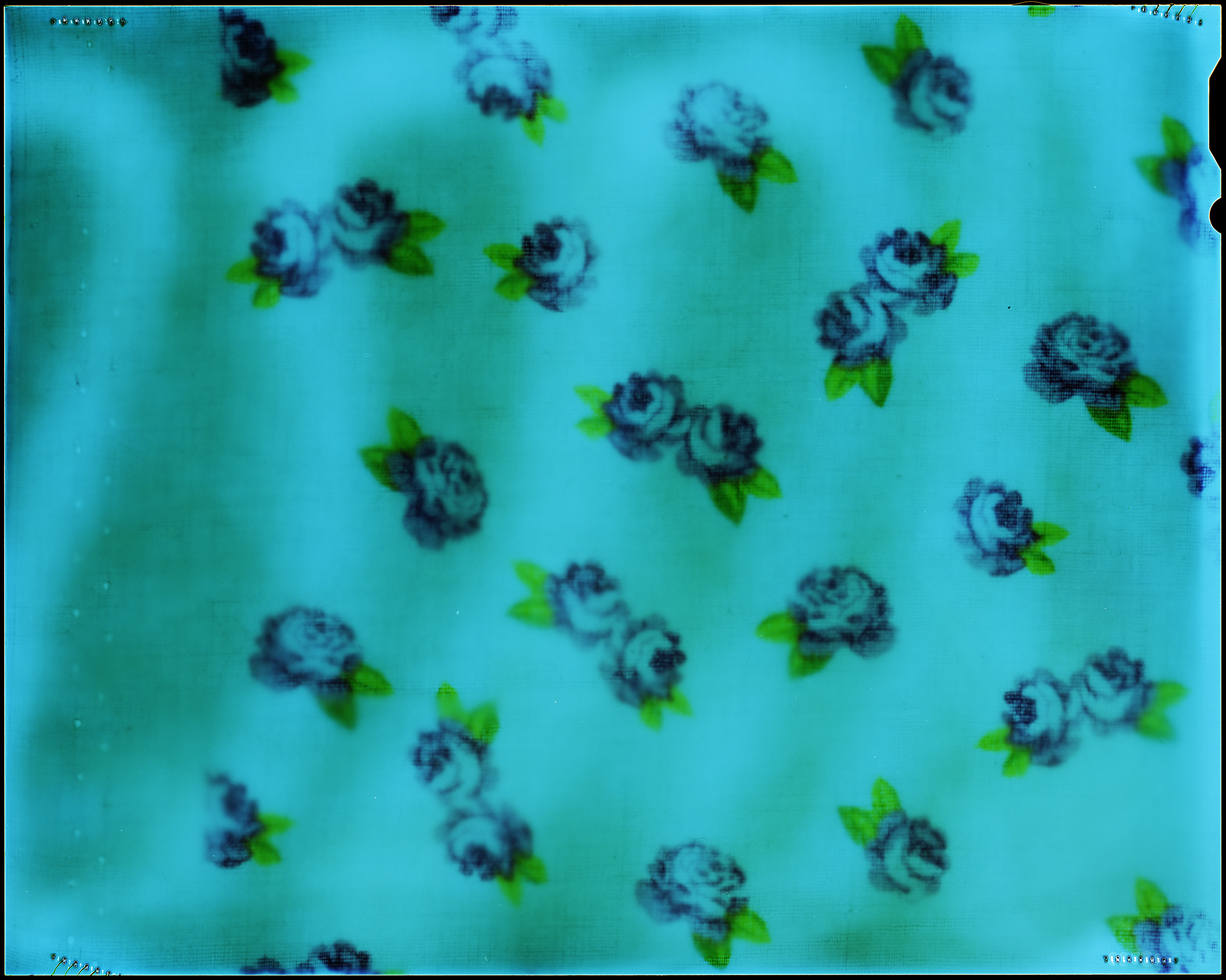
Analog C-print
2022
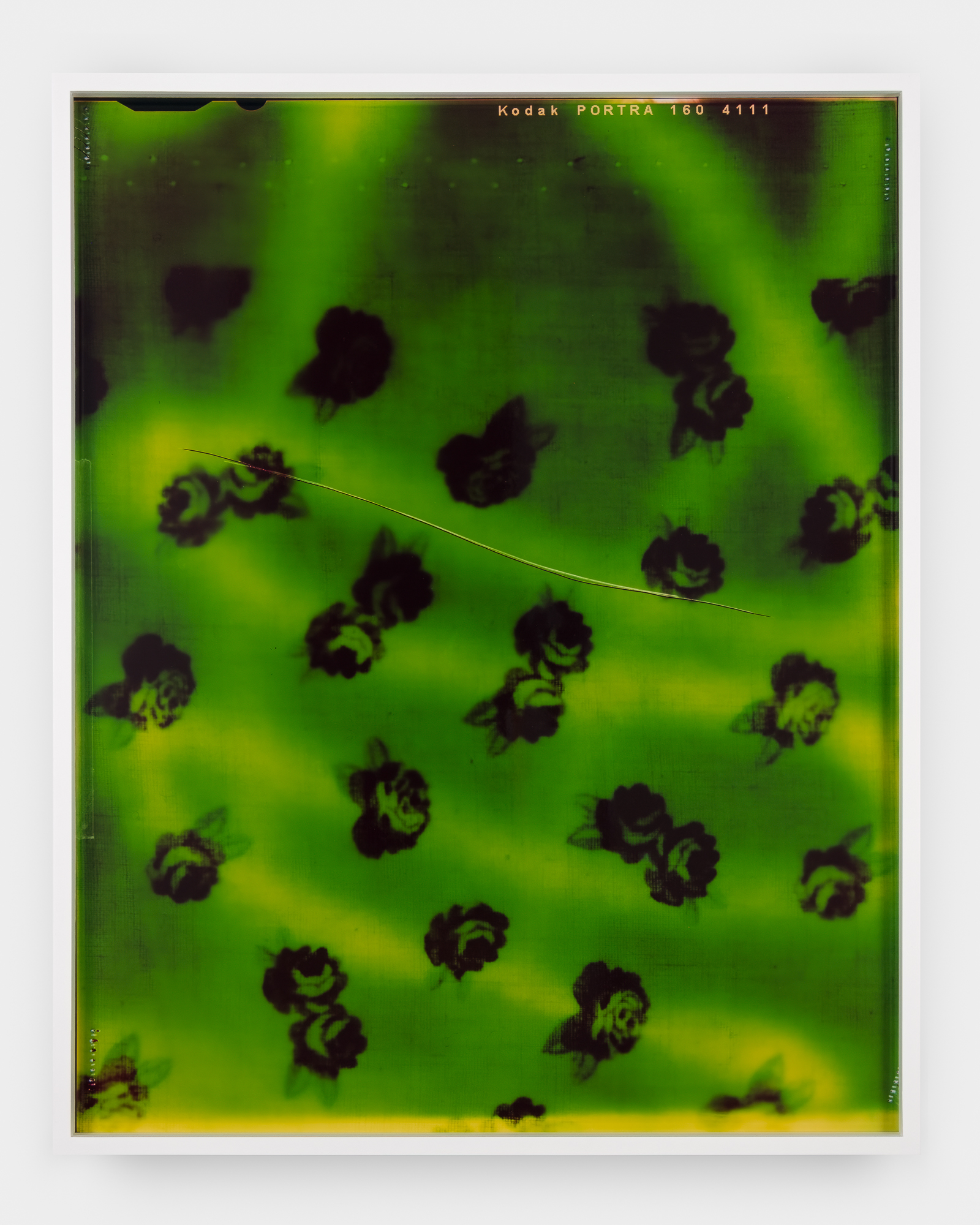
Analog C-print
2023
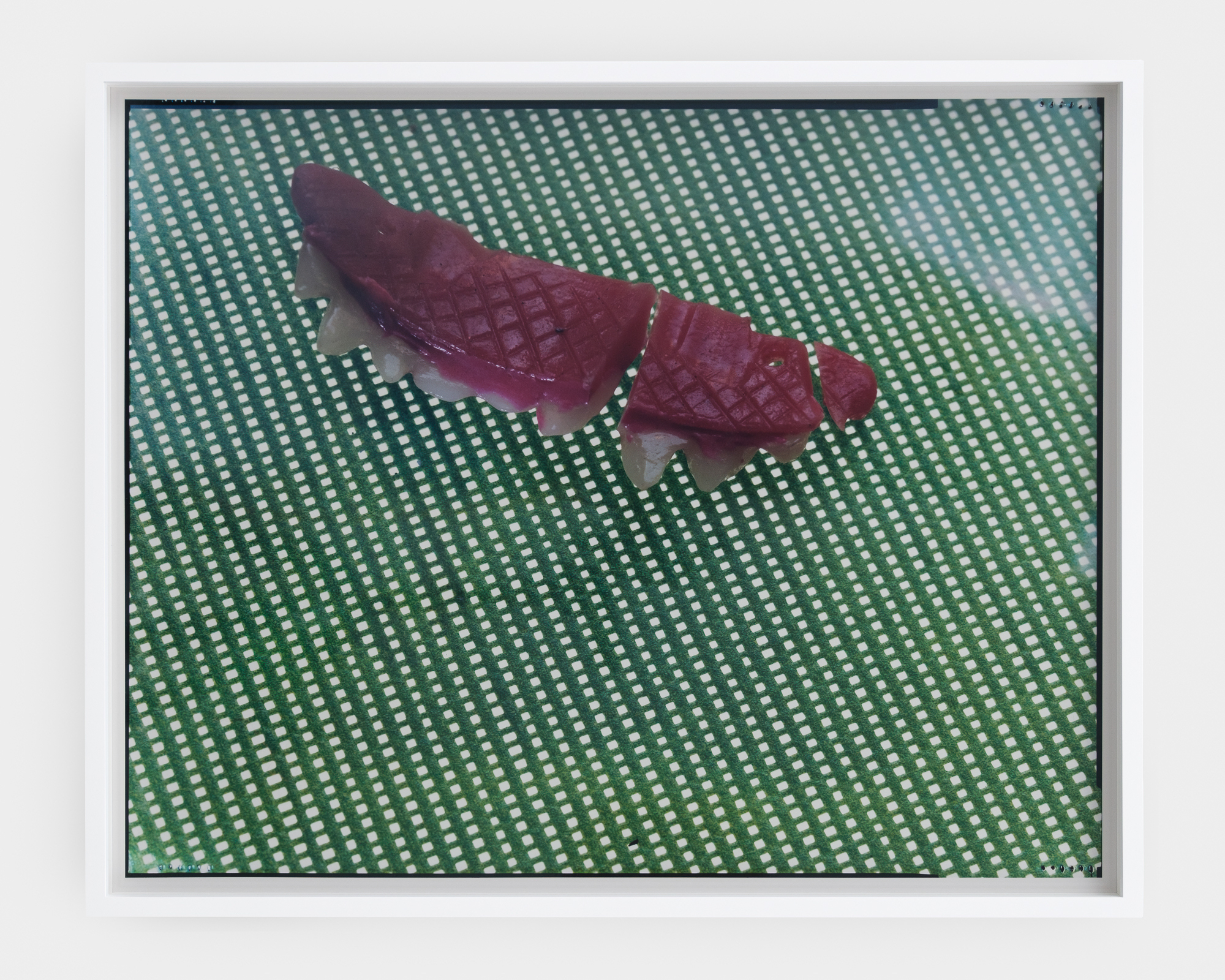
Analog C-print
2023
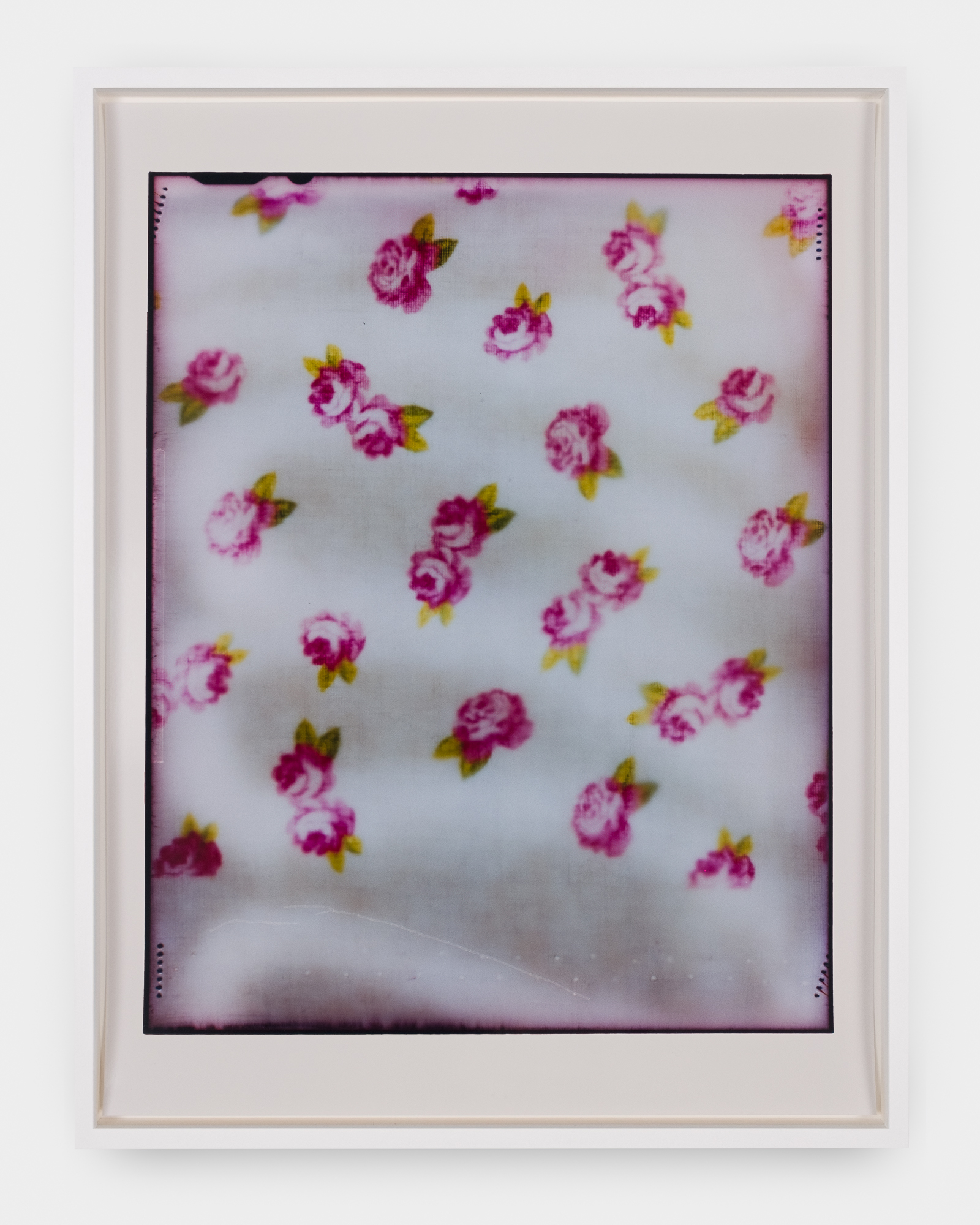
Analog C-print
2023
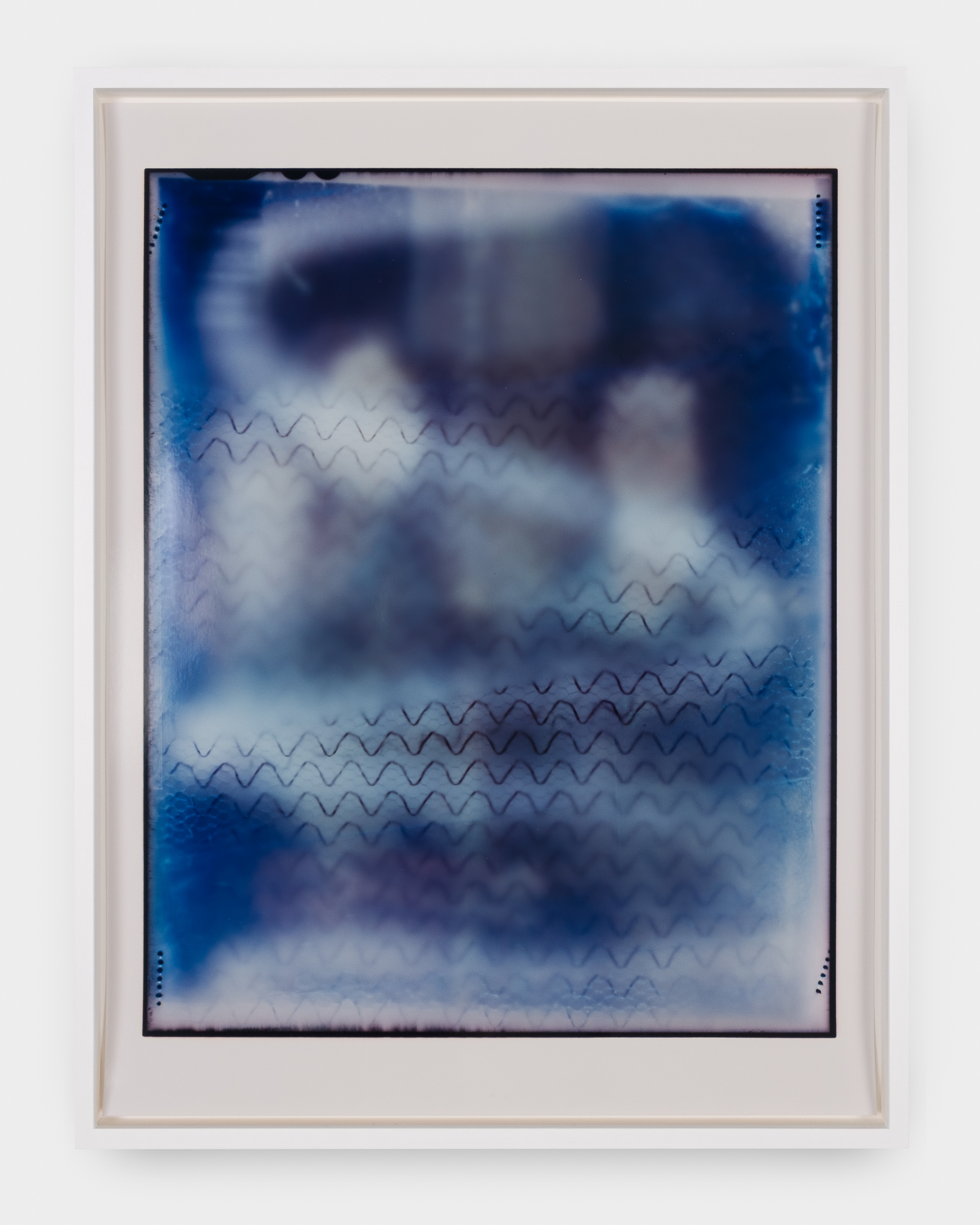
Archival pigment print
2022
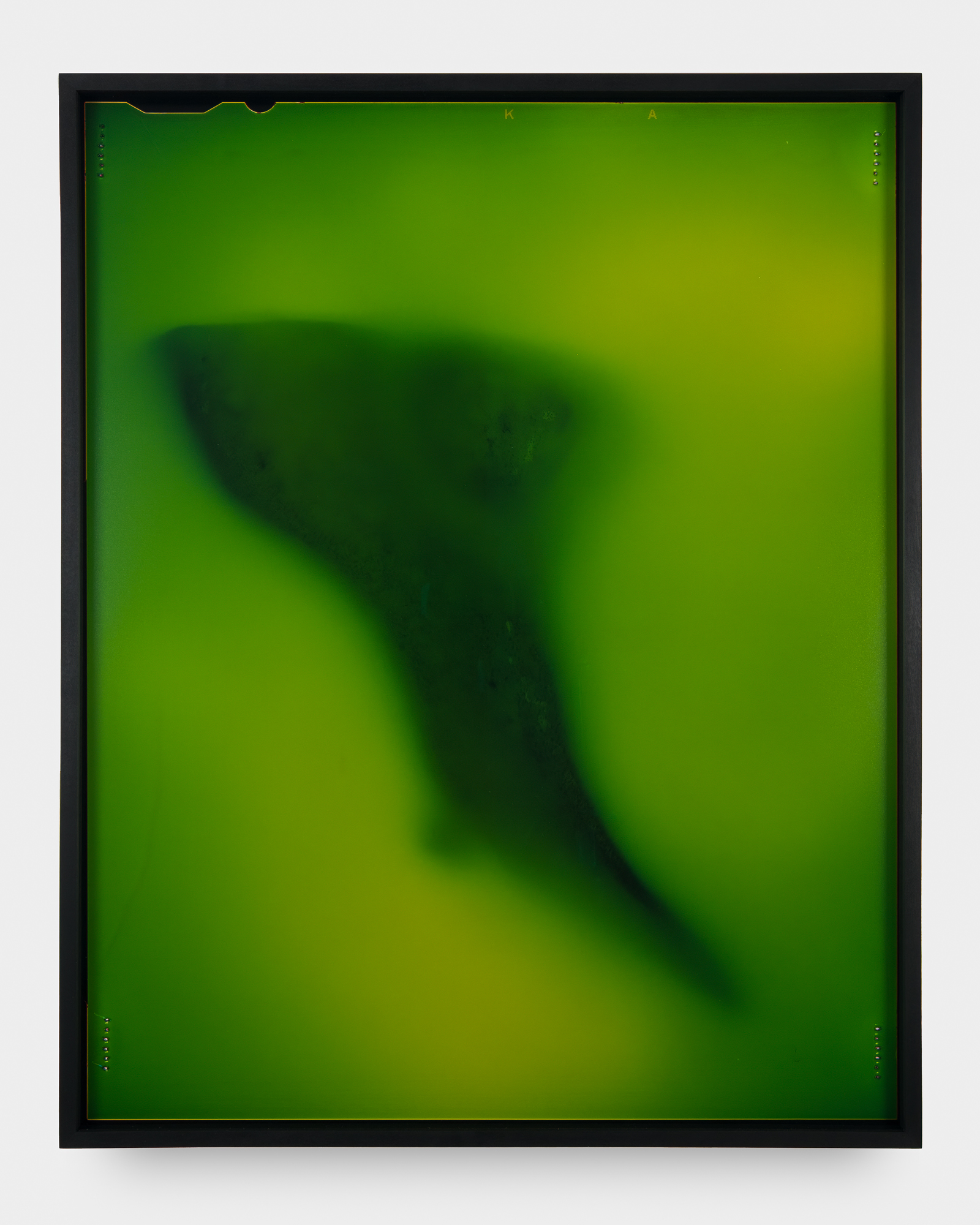
Archival pigment print
2023
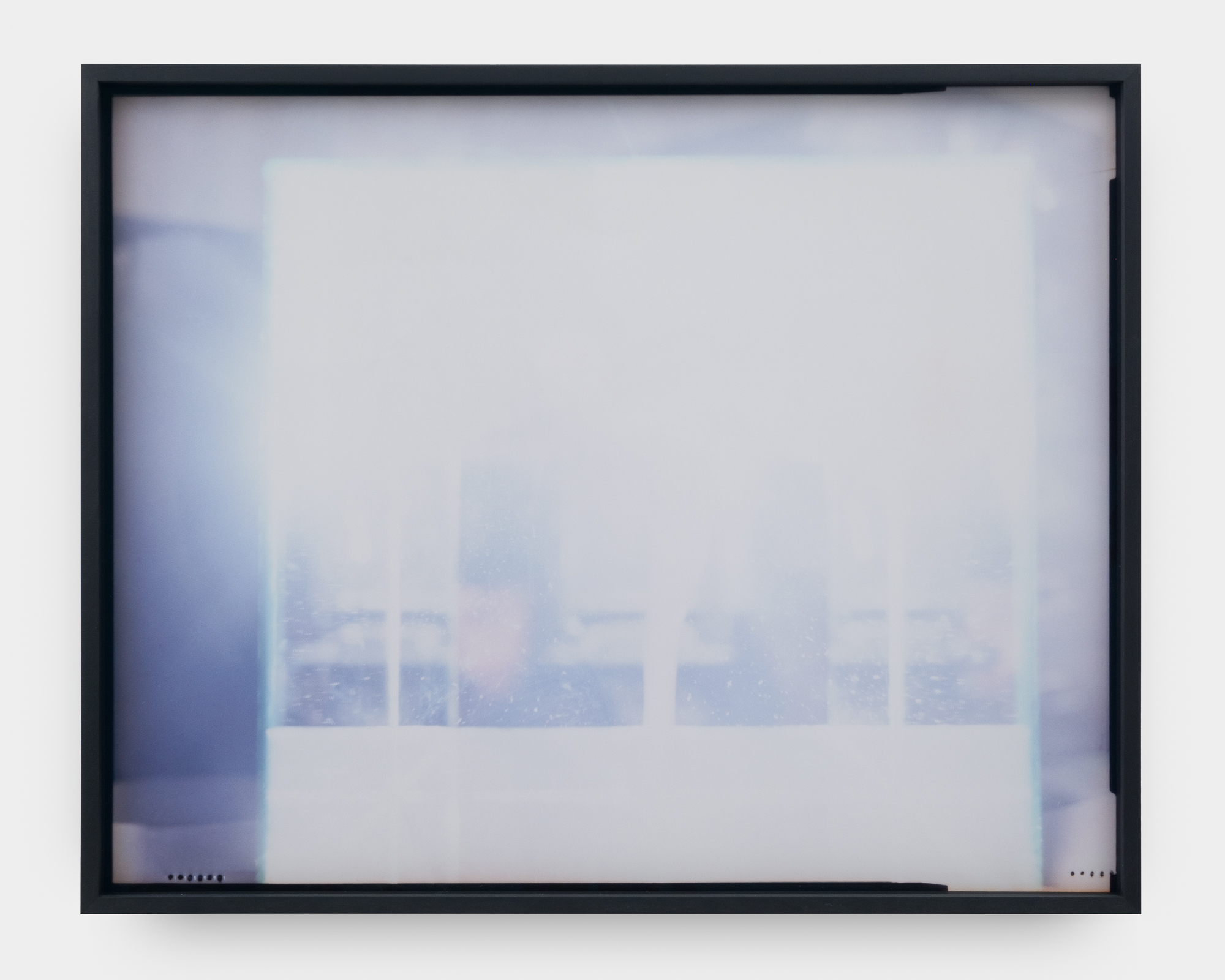
Analog C-print
2023
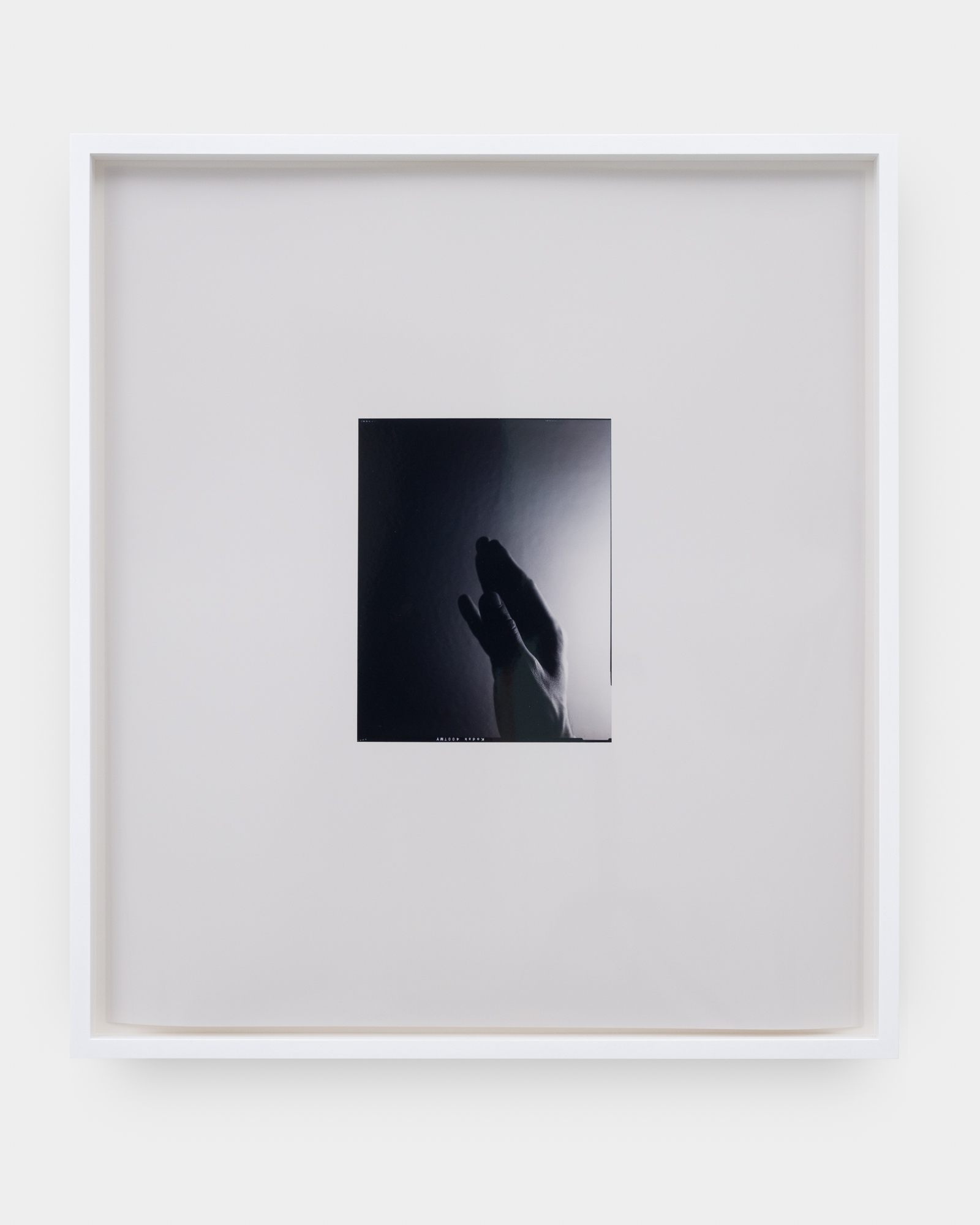
Inkjet print on organic cotton voile
2023
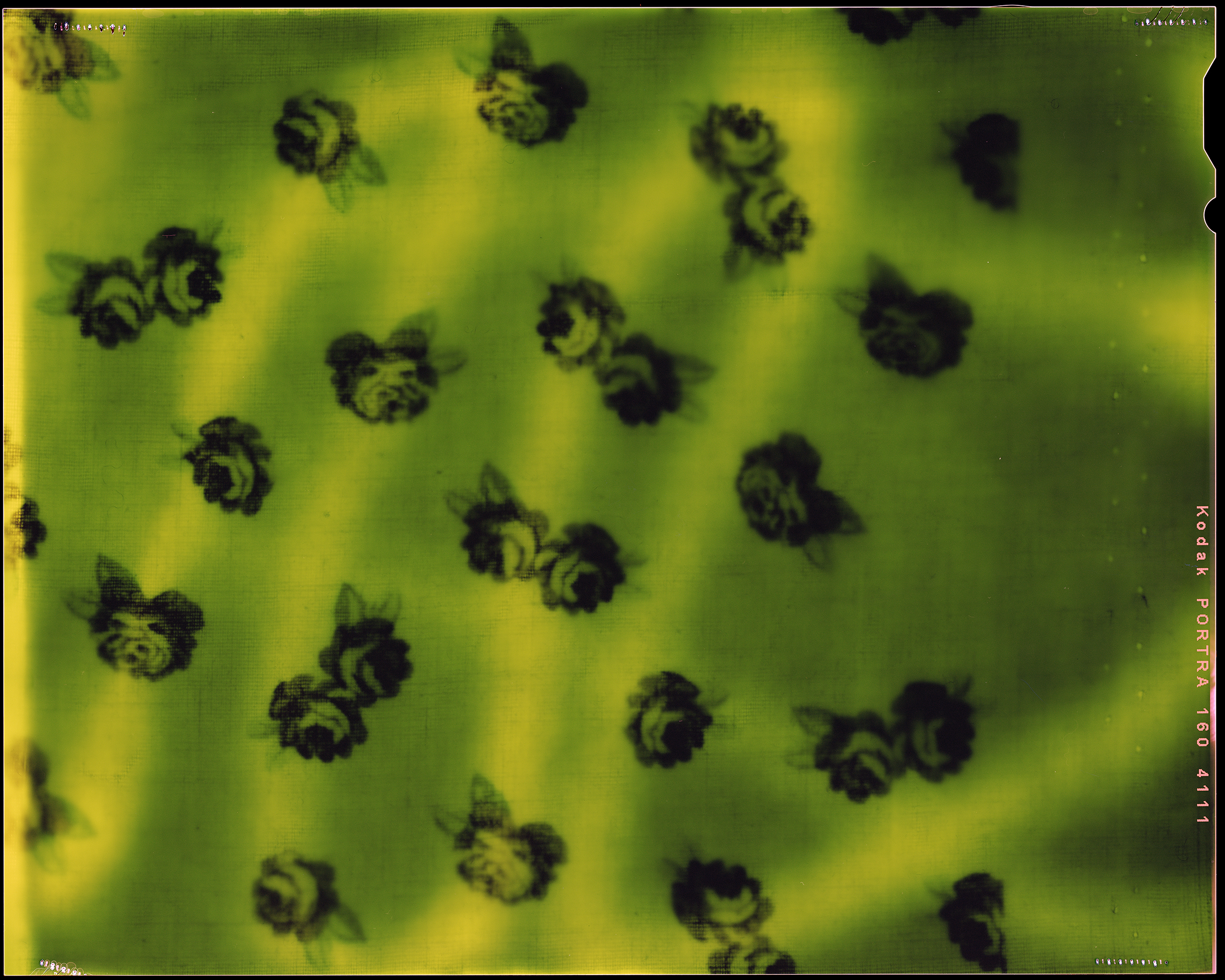
Archival pigment print
2023
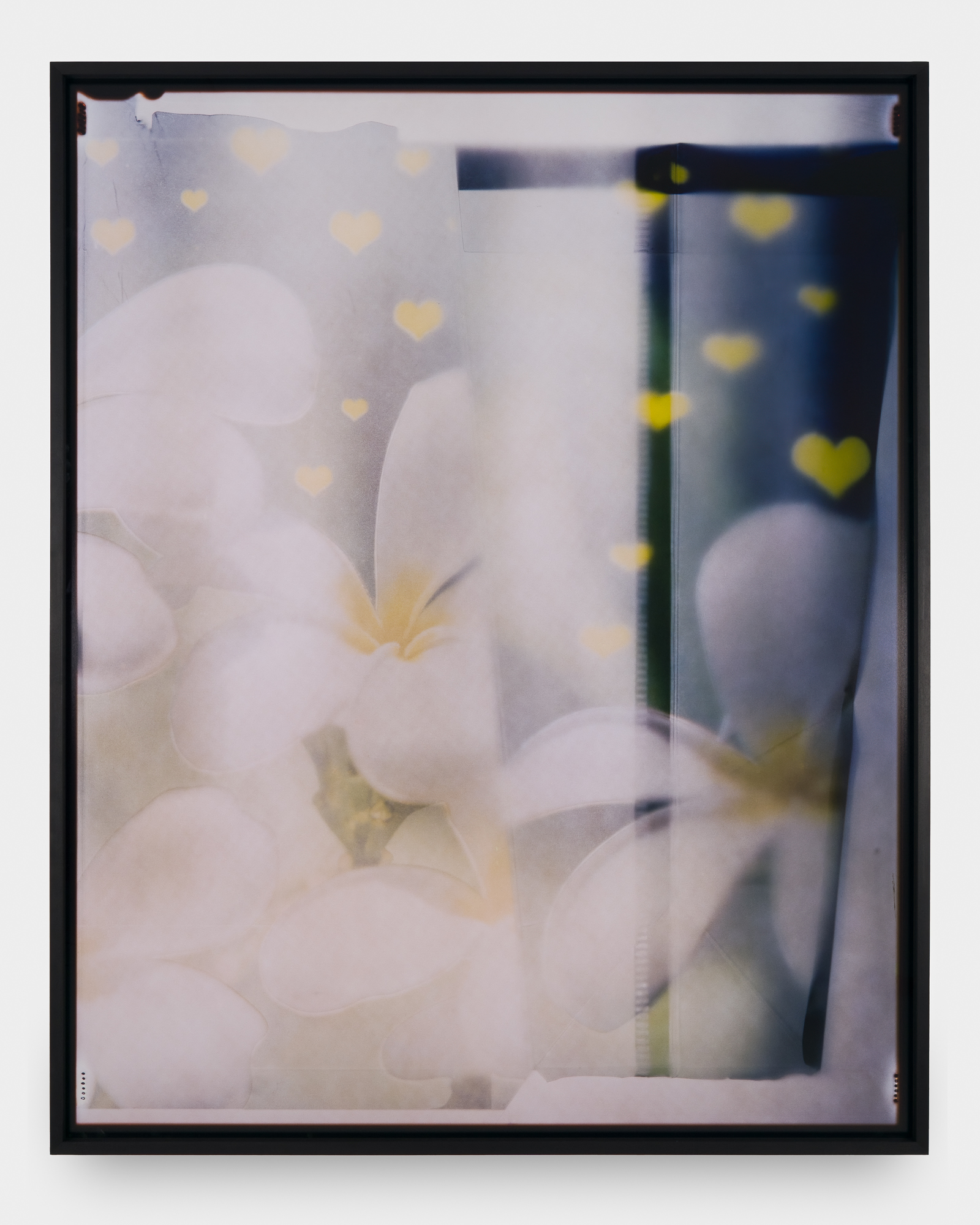
Archival pigment print
2022
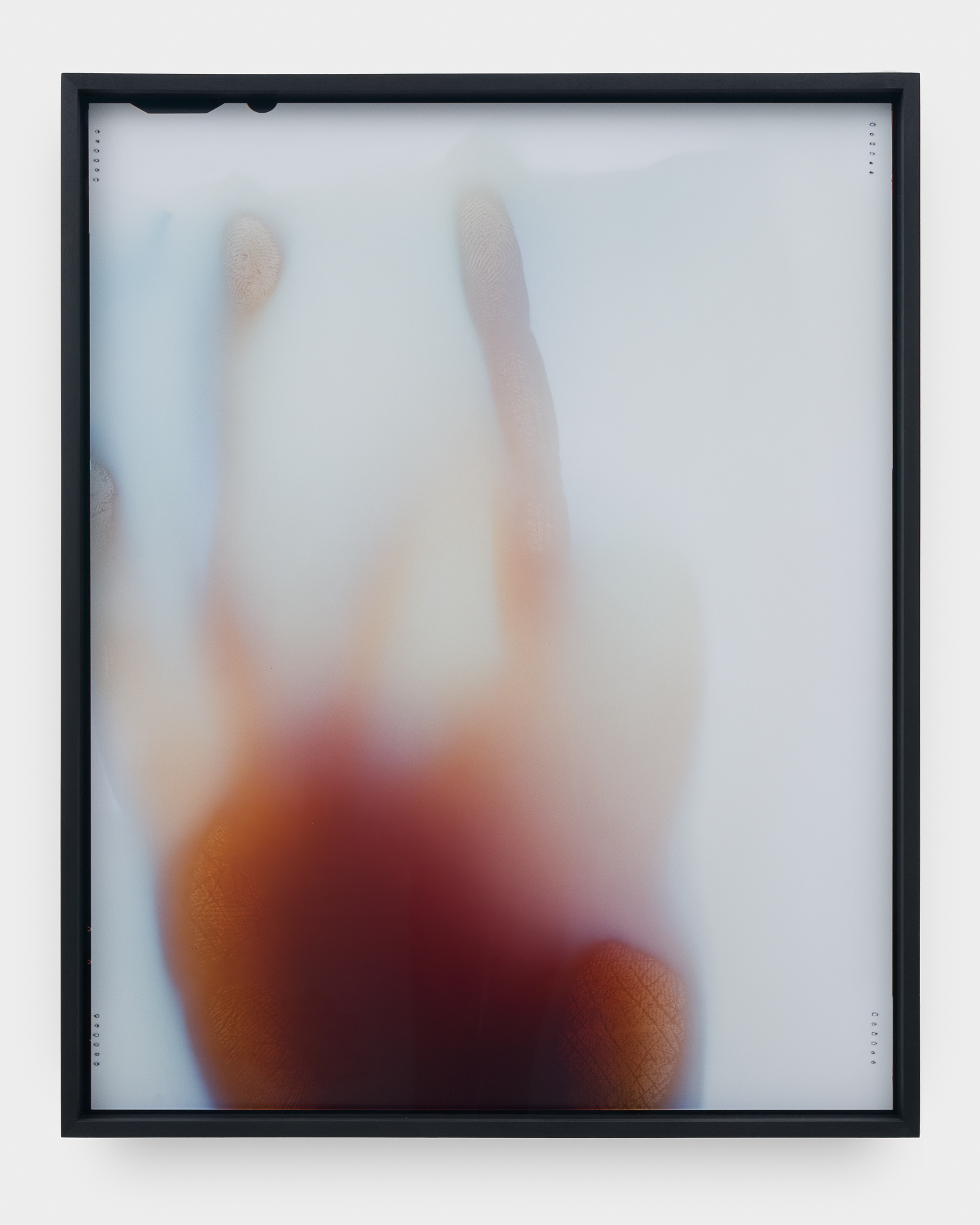
Analog C-print
2023
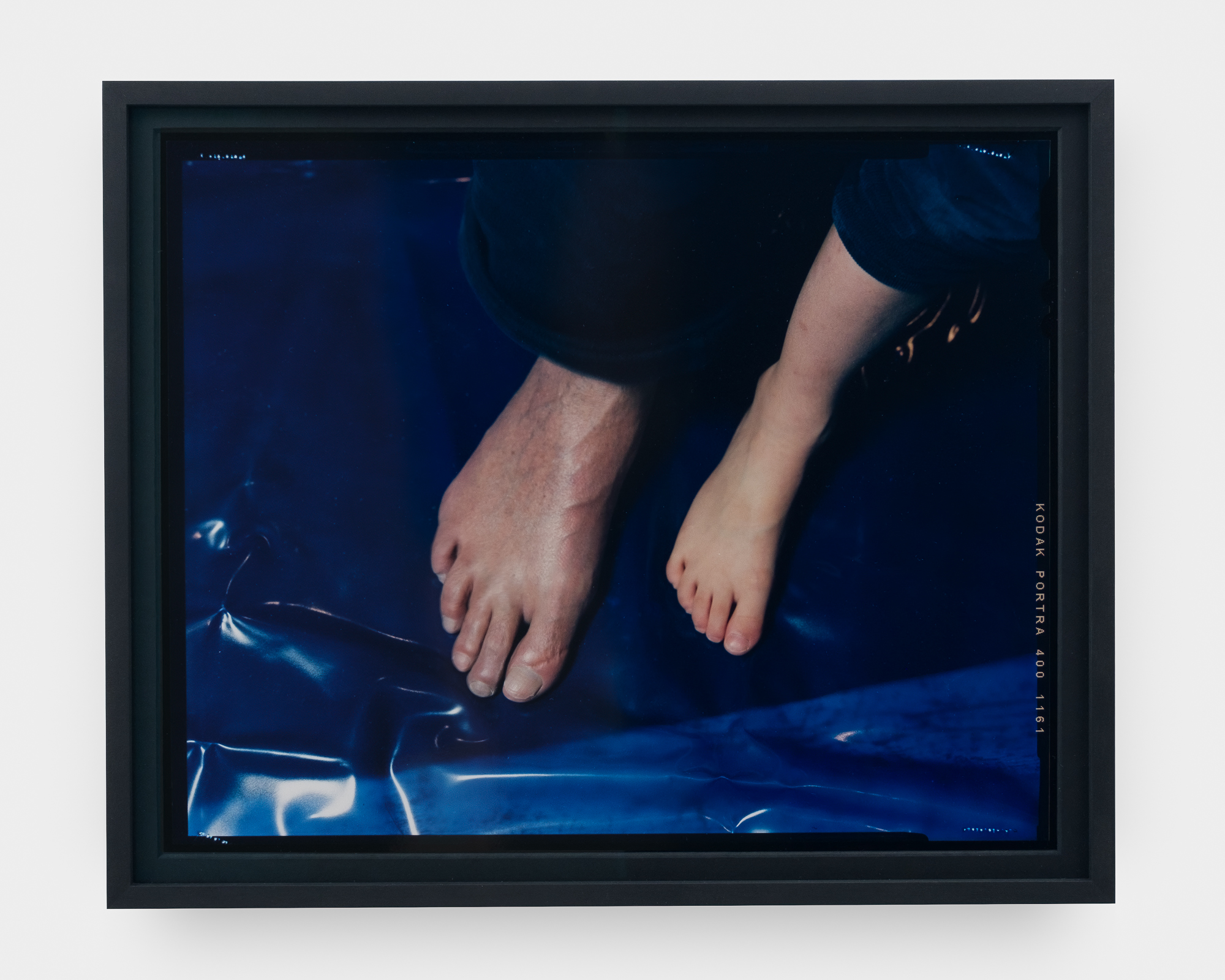
Analog C-print
2023
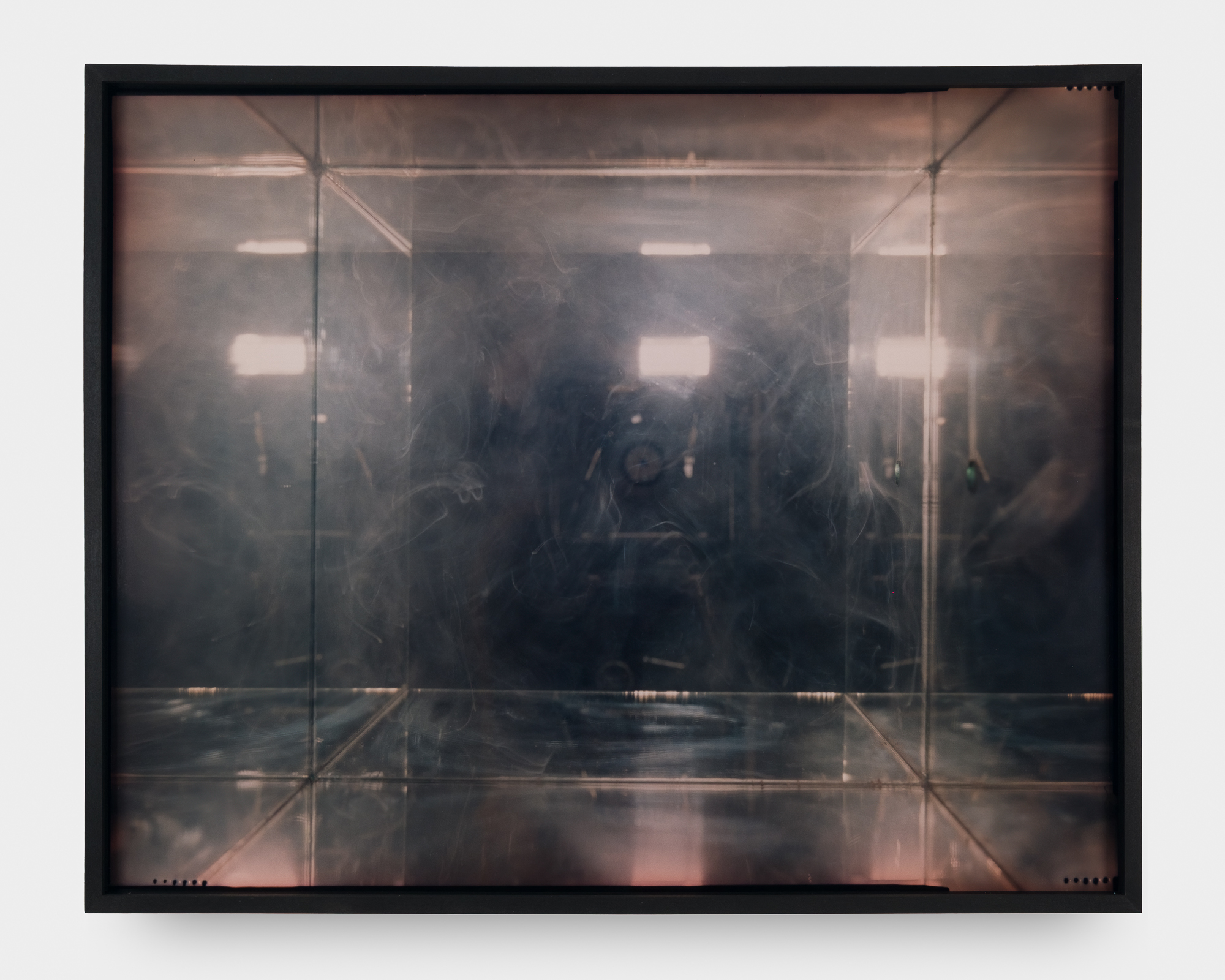
Analog C-print
2023
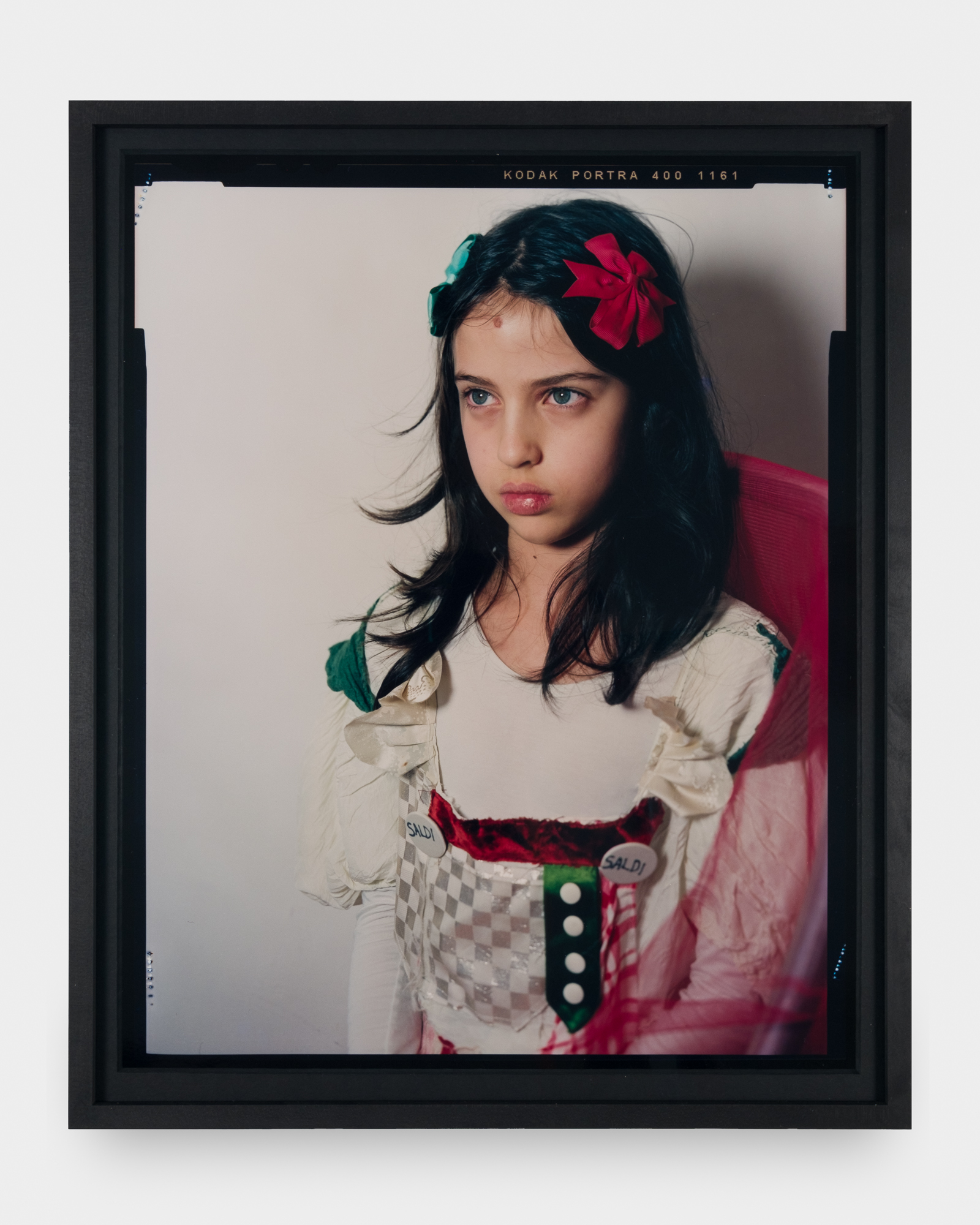
Analog C-print
2025
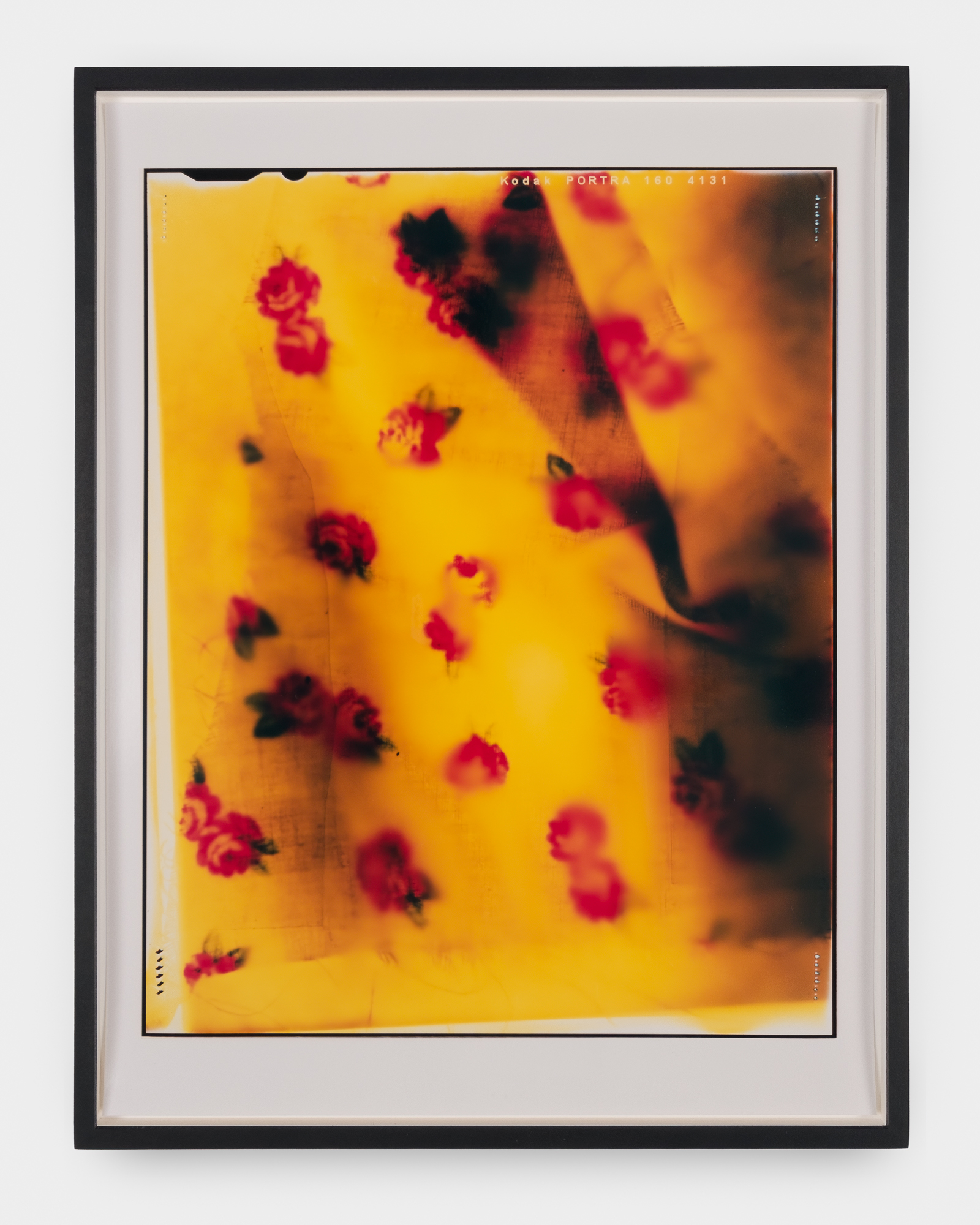
Archival pigment print
2022
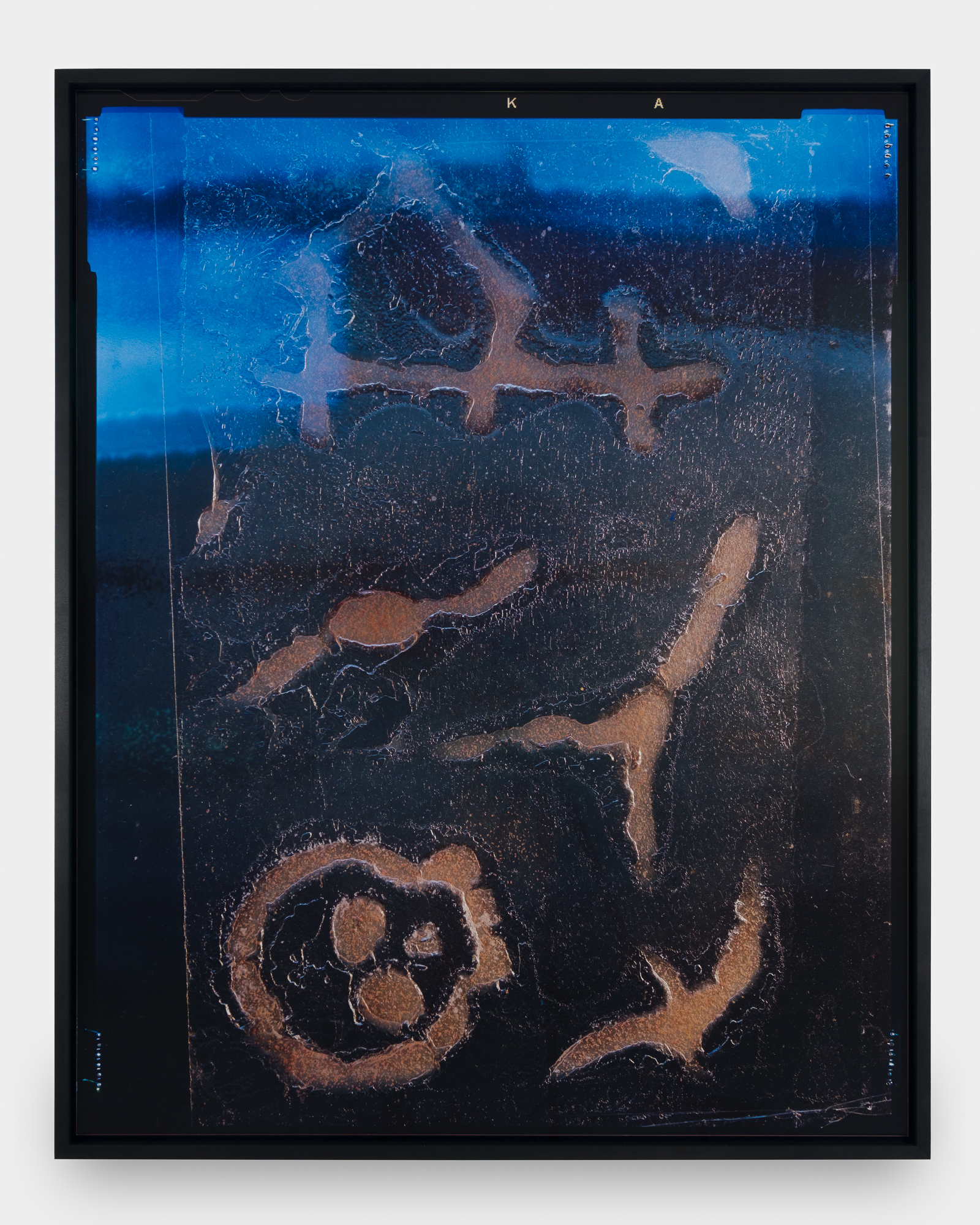
14 Apr–20 May 2023
Fugues
Ketuta Alexi-Meskhishvili
Please join us for the opening celebration on Thursday, April 20th at 6PM. Readings by Alexandra Butler, Miciah Hussey, and Thymaya Payne will begin at 7pm.
“I want the following word: splendidness, splendidness is fruit in its succulence, fruit without sadness. I want distances. My wild intuition about myself.”
― Clarice Lispector, Água Viva
In Camera Lucida, Roland Barthes claims that “The Photograph belongs to that class of laminated objects whose two leaves cannot be separated without destroying them both: the windowpane and the landscape.”* The work of Ketuta Alexi-Meskhishvili both complies with and resists this photographic imperative of the laminated object and, in the process, creates fecund sites of imagistic possibility.
Her work is half-done in darkness. Glowing fingertips darn haphazard exposures. Streaks, penumbra, and corona of speculative light conjure the form. By her hand, it is subject to the unquantifiable layer of the supernatural that surrounds everything and through which she develops meaning in the interweaving of photographic techniques that both reveal and destabilize the image. Here, the indeterminacy of bodies, heavenly and human, in the ether-thin hours of the late, late night, make for the strange landscapes she crosses and records in her camera-less works. When she does turn to the object world, there is a haptic intimacy between the eye and the touch: look closely for the lace and the scar. These images exist within another system of signification, perhaps fixed in the liminal moment when the displaced sign finds its precarious beauty. It is the language of the flowers in a fugue state—meaning made vulnerable to losing itself—flying from its stability and leaving only a trace of the half-forgotten logic of chance.
Alexi-Meskhishvili’s recent work embraces the unplanned effects of color casts, light leaks, and dust particles; they have become tools found in her turn away from the digital and back to the analogue beginnings of her practice. Intervening directly on the negative—cutting, collaging, partially exposing—she creates an improvised visual grammar without reference to visible reality. Rather, what she brings forth on film only exists through alchemical materiality and the process of development in the darkroom; the resulting images only discovered when the incidental maneuvers of light are complete. Often, she will place objects directly onto a negative, obliterating the erotics of distance that representation demands and replacing it with the uncanny affinity of unmediated contact. Even when an image bears referent in reality, it is often abstracted or shifted to heighten the sense of its vulnerability and ephemerality.
Alexi-Meskhishvili responds to the world around her not with the replication of what it is, but with an attempt to capture the intangible consciousness that sustains it. And so, it is not through conceptual detachment that she composes the photographs, films, and diaphanous curtains that comprise her practice. Rather, it is a sincere dedication to this sense of wonder—not just of the miraculous, but of the tangential: the image that touches the world briefly, the obtuse meaning that hedges direct articulation, the serendipity that rescinds control. Here the windowpane and the landscape part happily and remain whole.
*Barthes, Roland. Camera Lucida. New York: Hill and Wang, 6.
– Miciah Hussey
Ketuta Alexi-Meskhishvili (born 1979) is a Georgian-American artist based in Berlin. She studied photography at Bard College. She has had solo exhibitions at Galerie Molitor, Berlin; L.C. Queisser, Tbilisi; galerie frank elbaz, Paris and Koelnischer Kunstverein, Cologne, among others. Her work has been included in group exhibitions such as the 2021 Rencontres de la Photographie, Arles; PRODUKTION: Made in Germany III at the Sprengel Museum, Hannover, 2017; 2015 New Museum Triennial, New Museum, New York and others. Her solo public project “Verkleidung”is currently on view at Kunsthalle Basel and her work will be included in the New Visions Triennale in Oslo and Europalia Georgia festival in Brussels. Fugues is Alexi-Meskhishvili’s first solo exhibition at Helena Anrather.